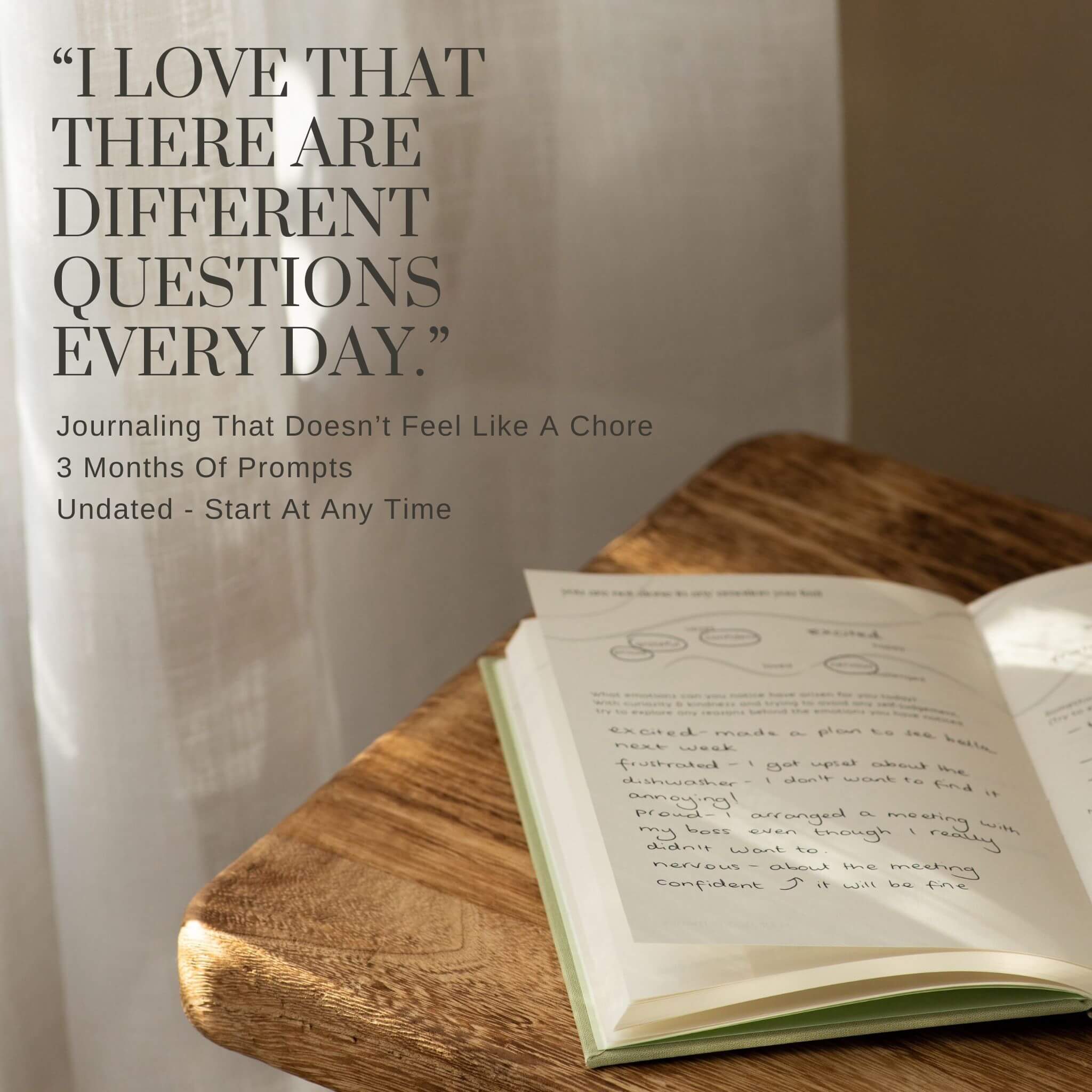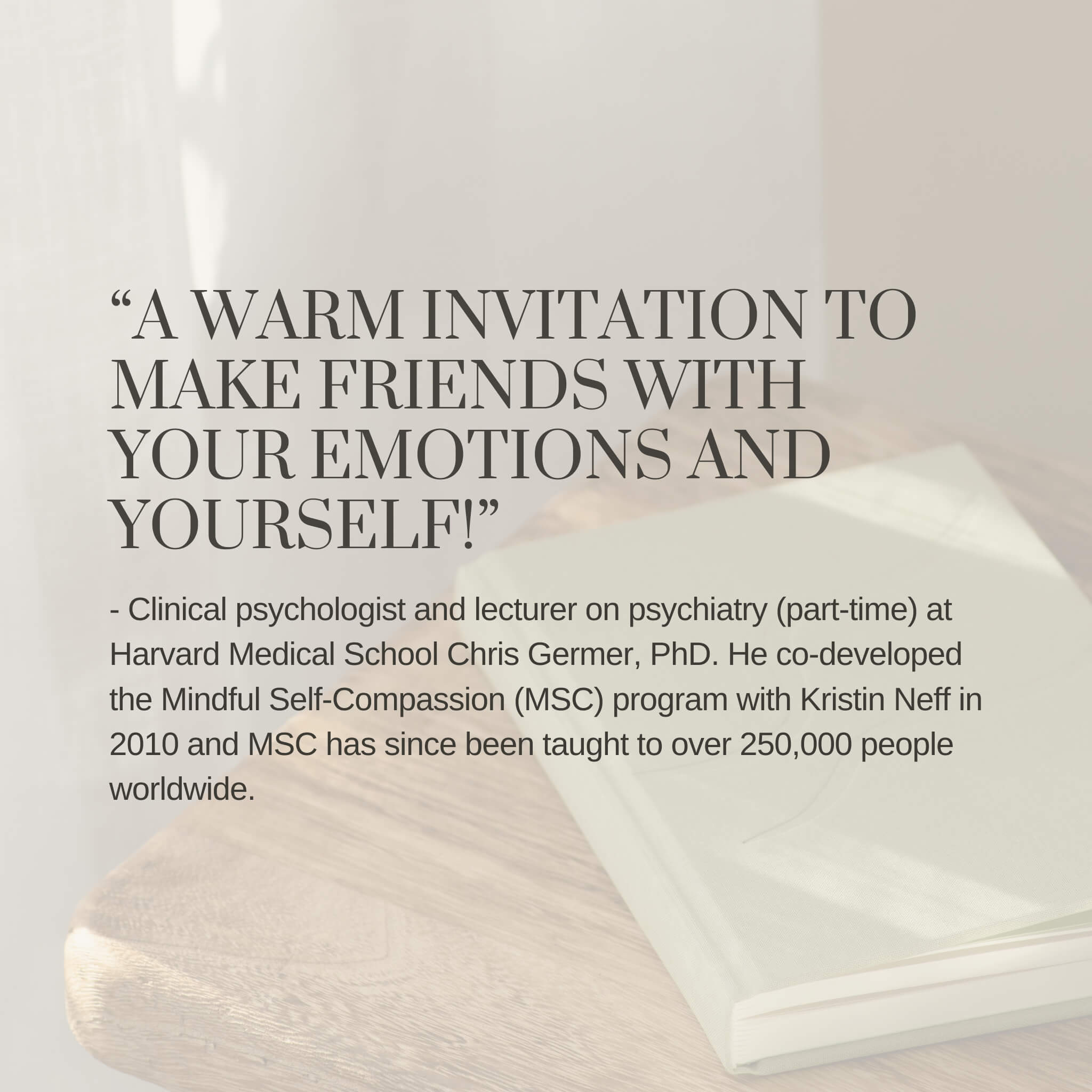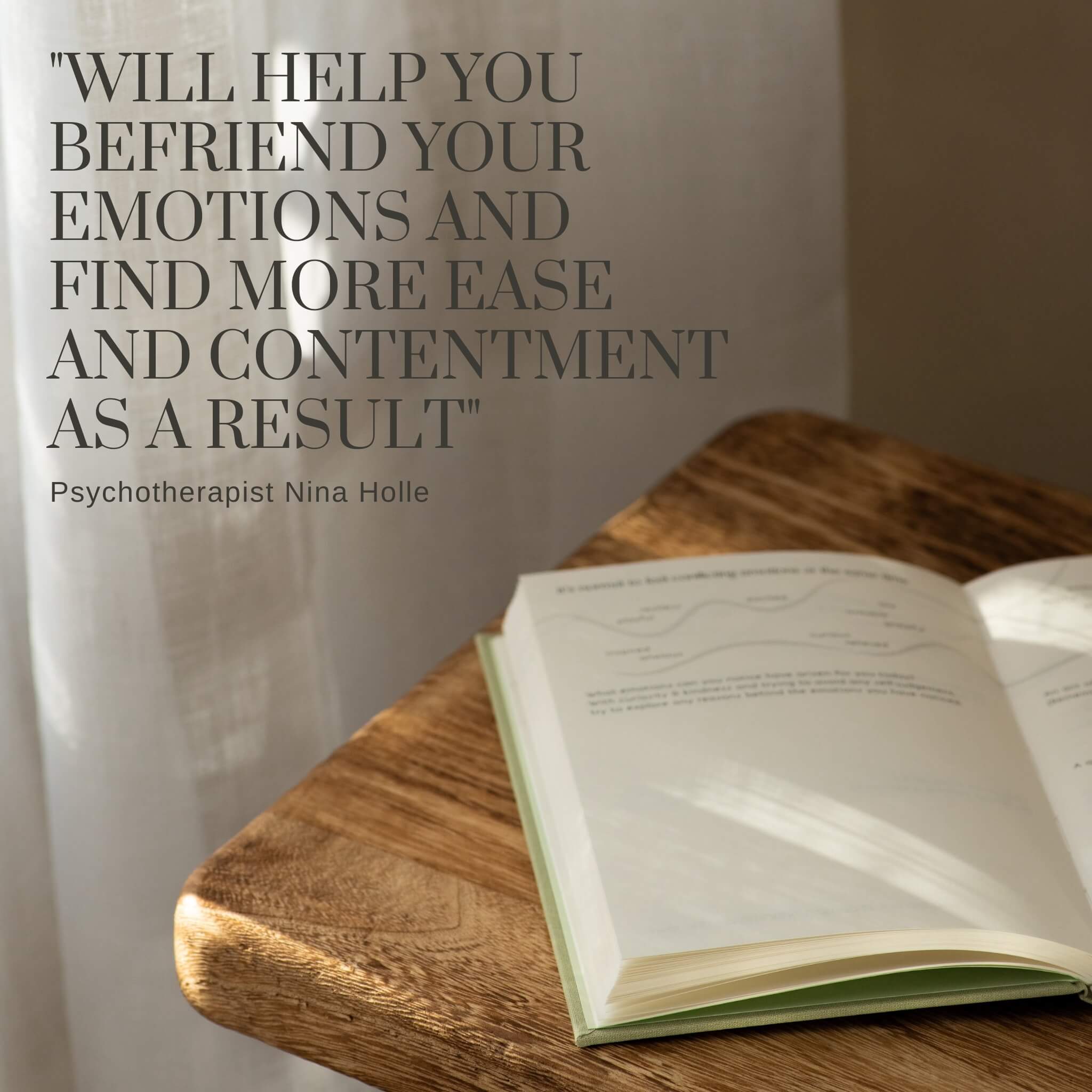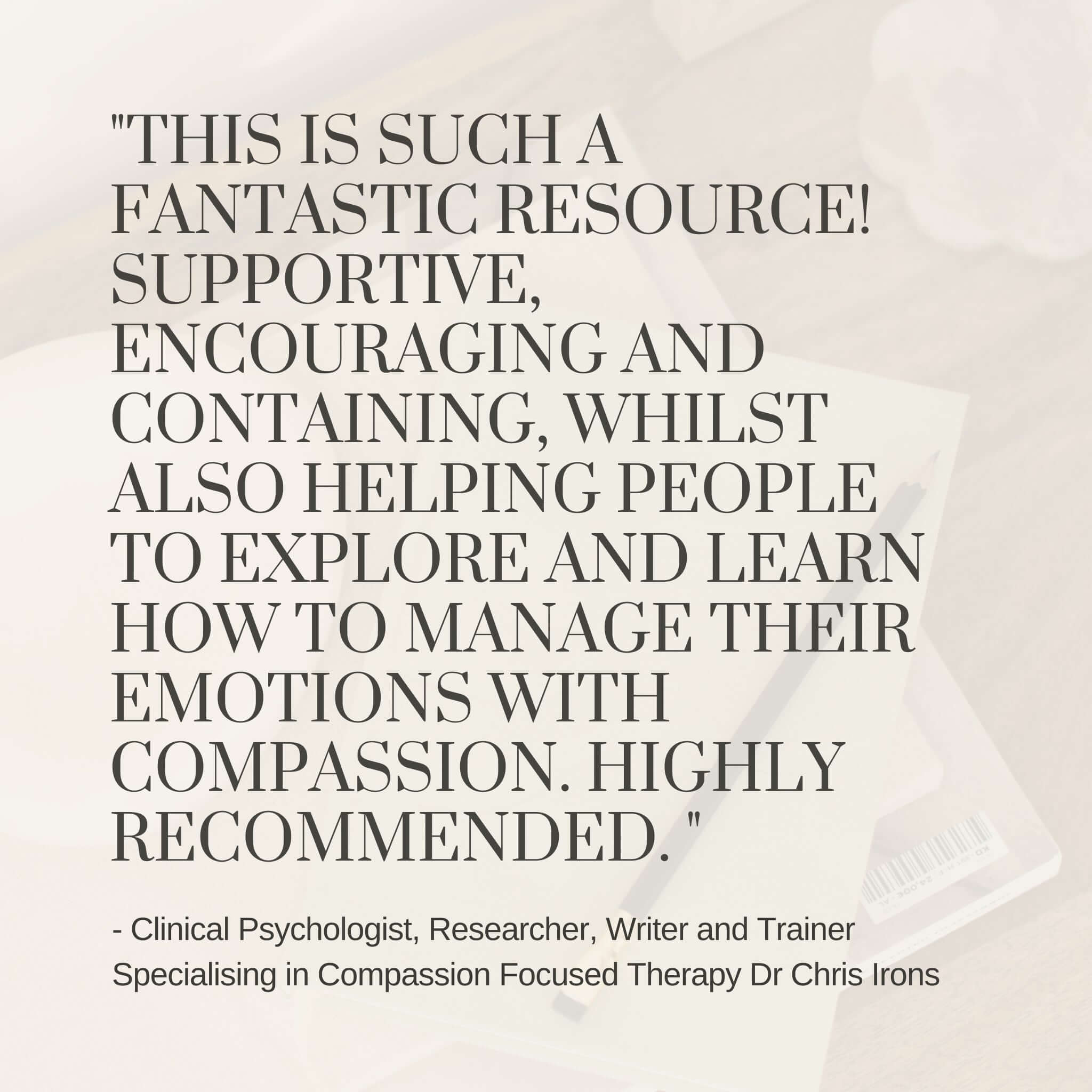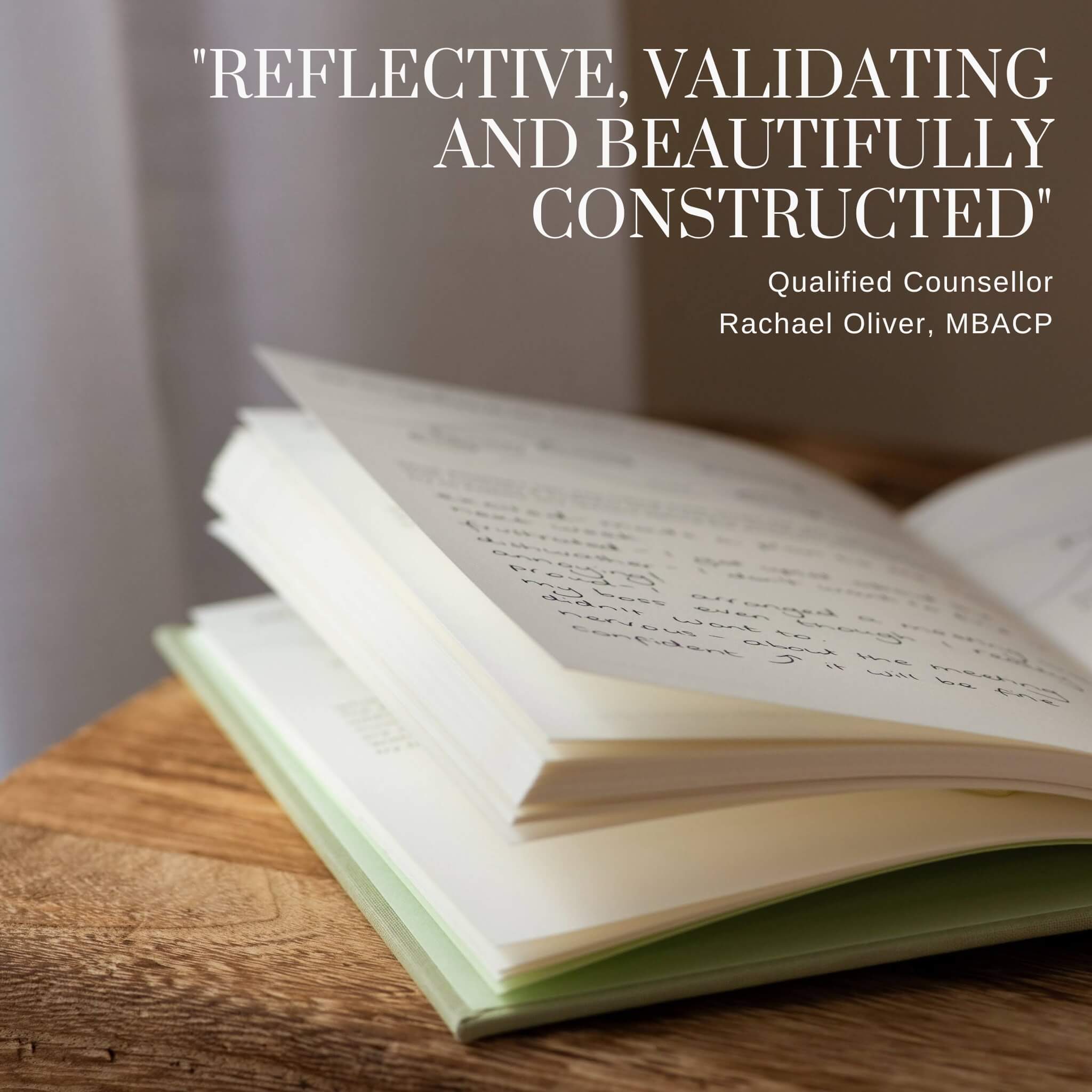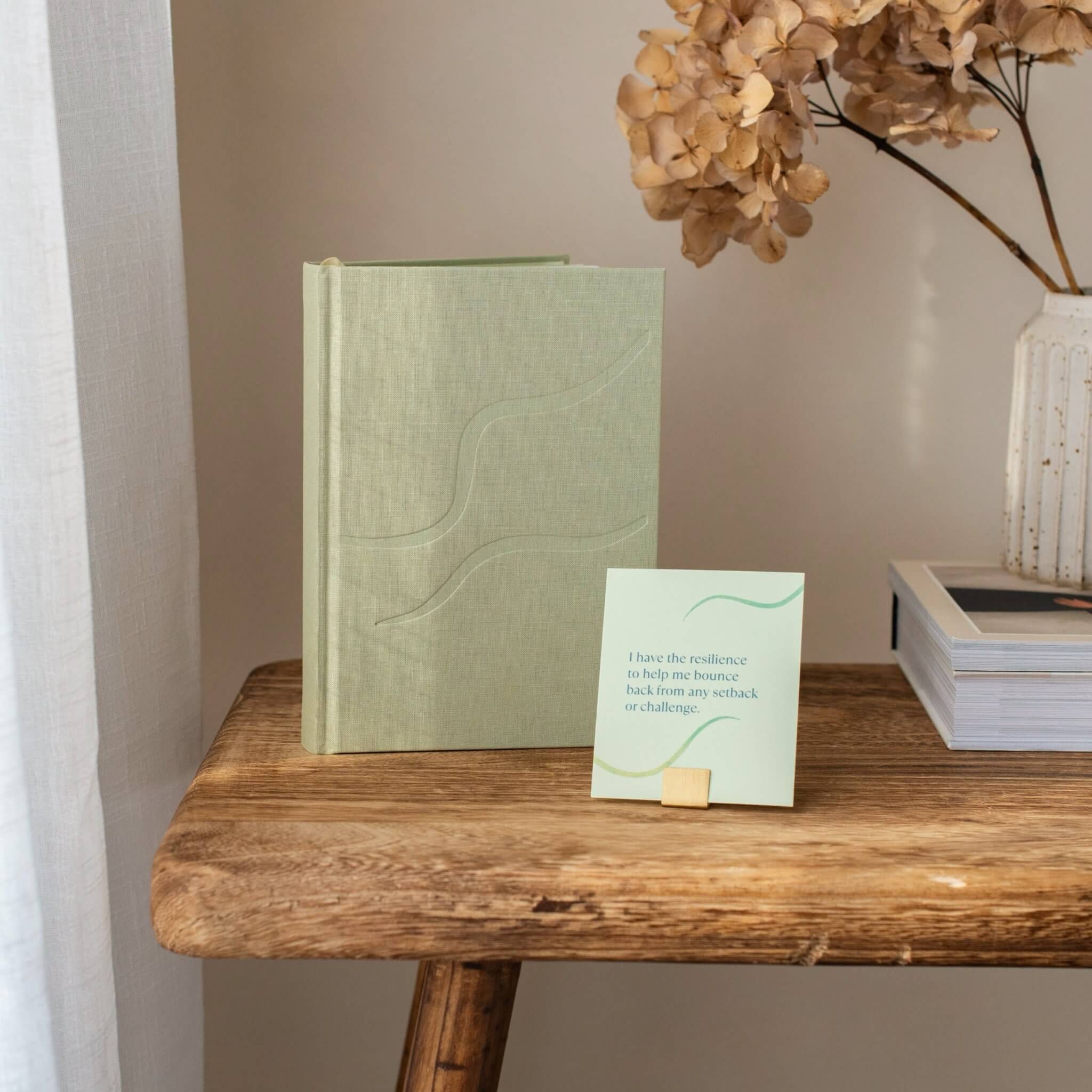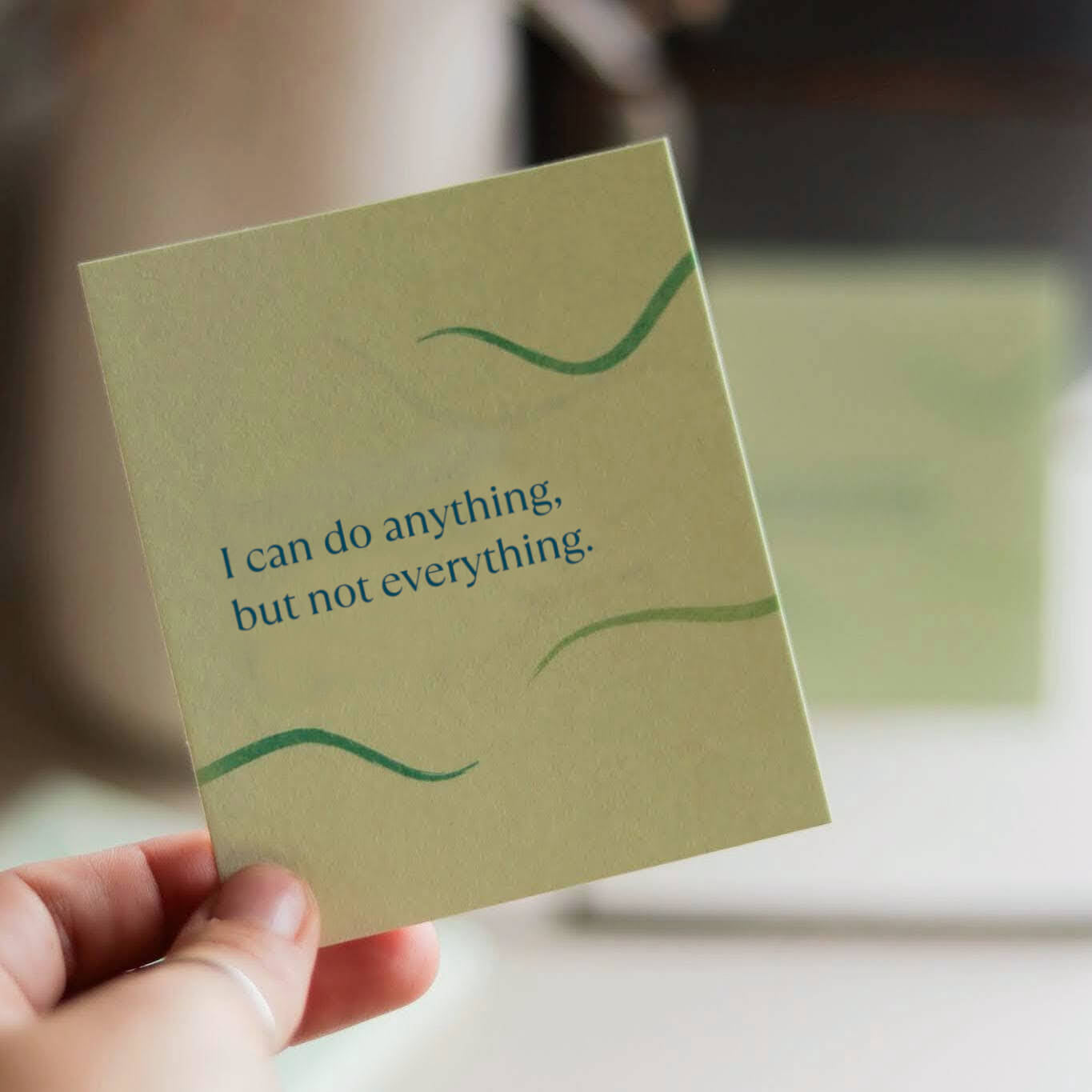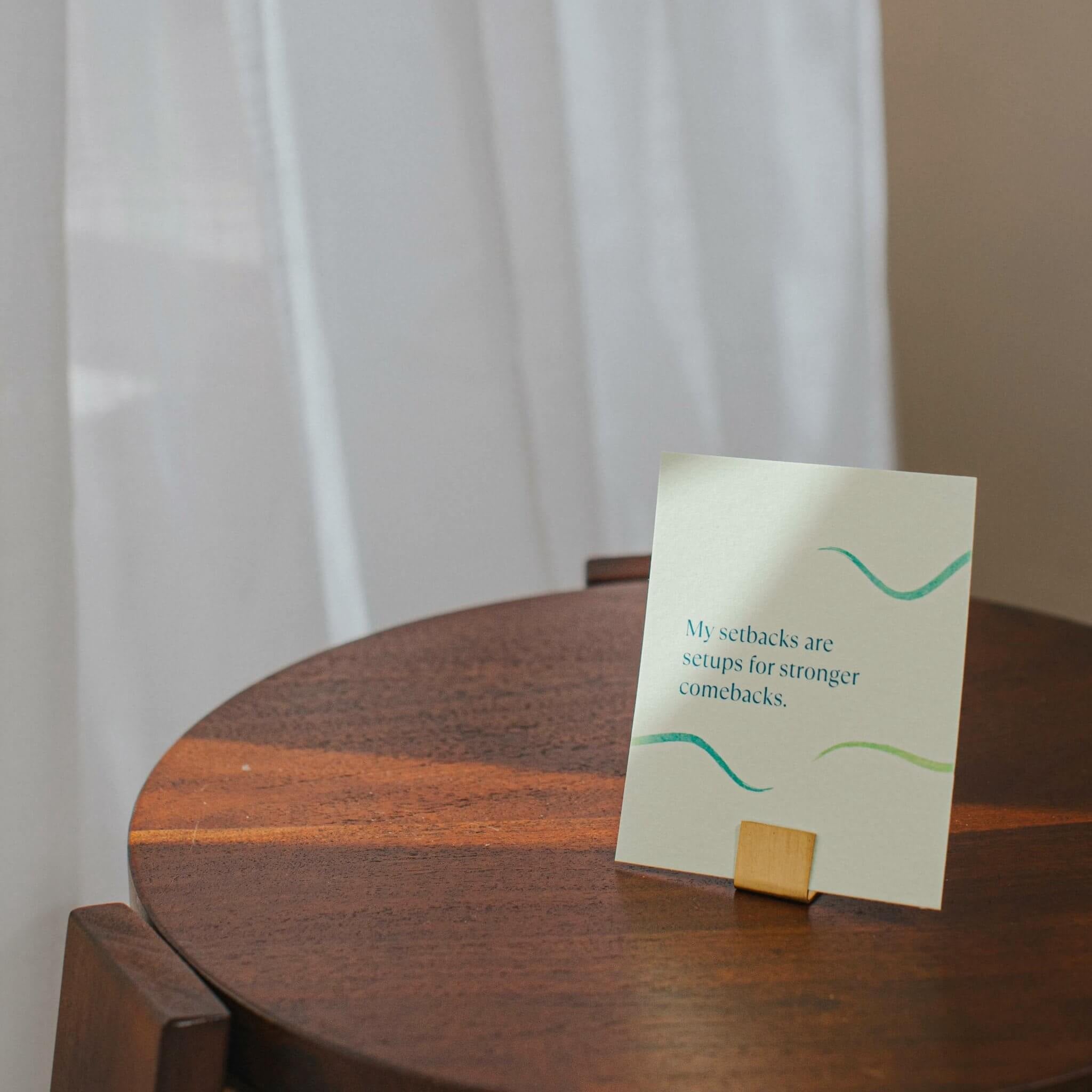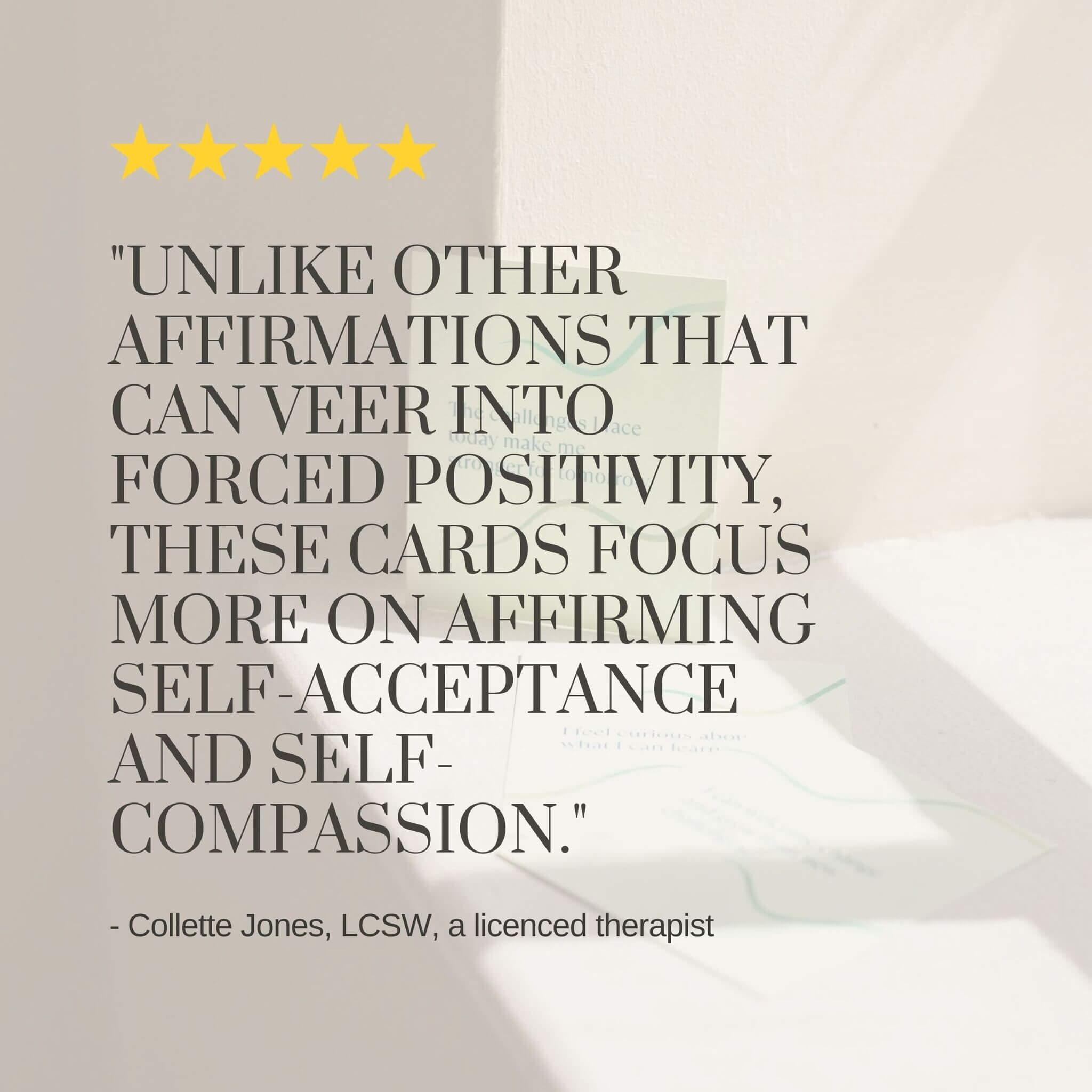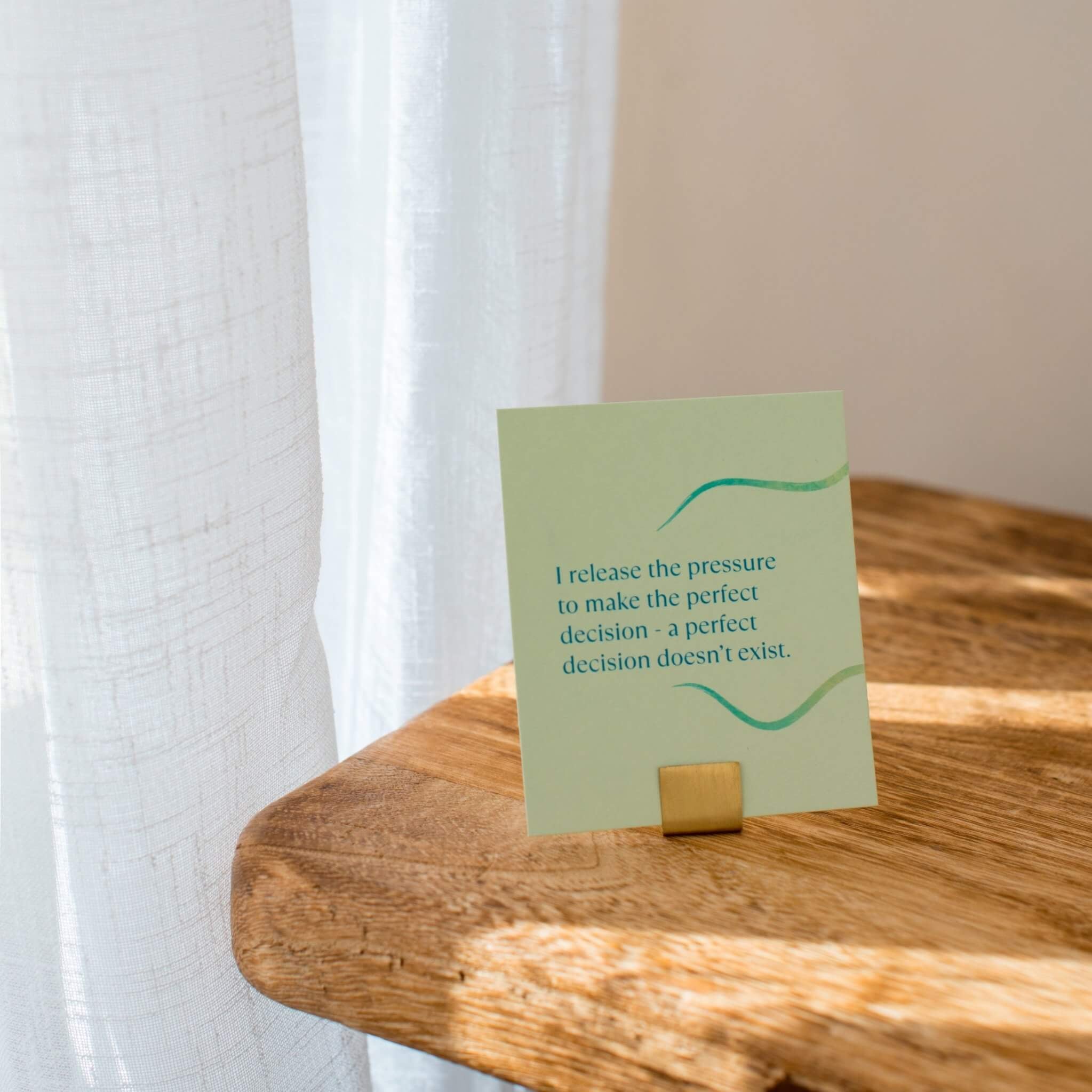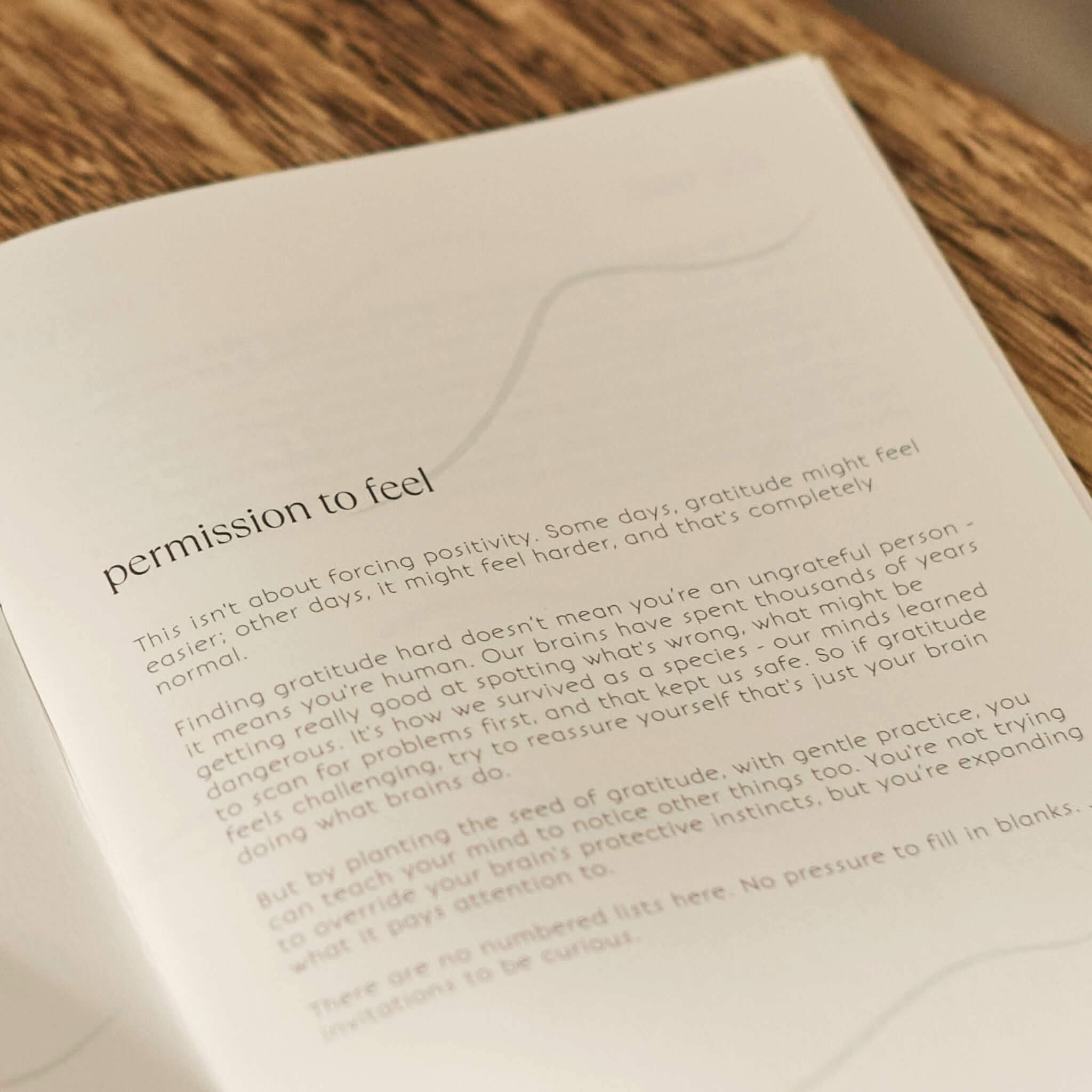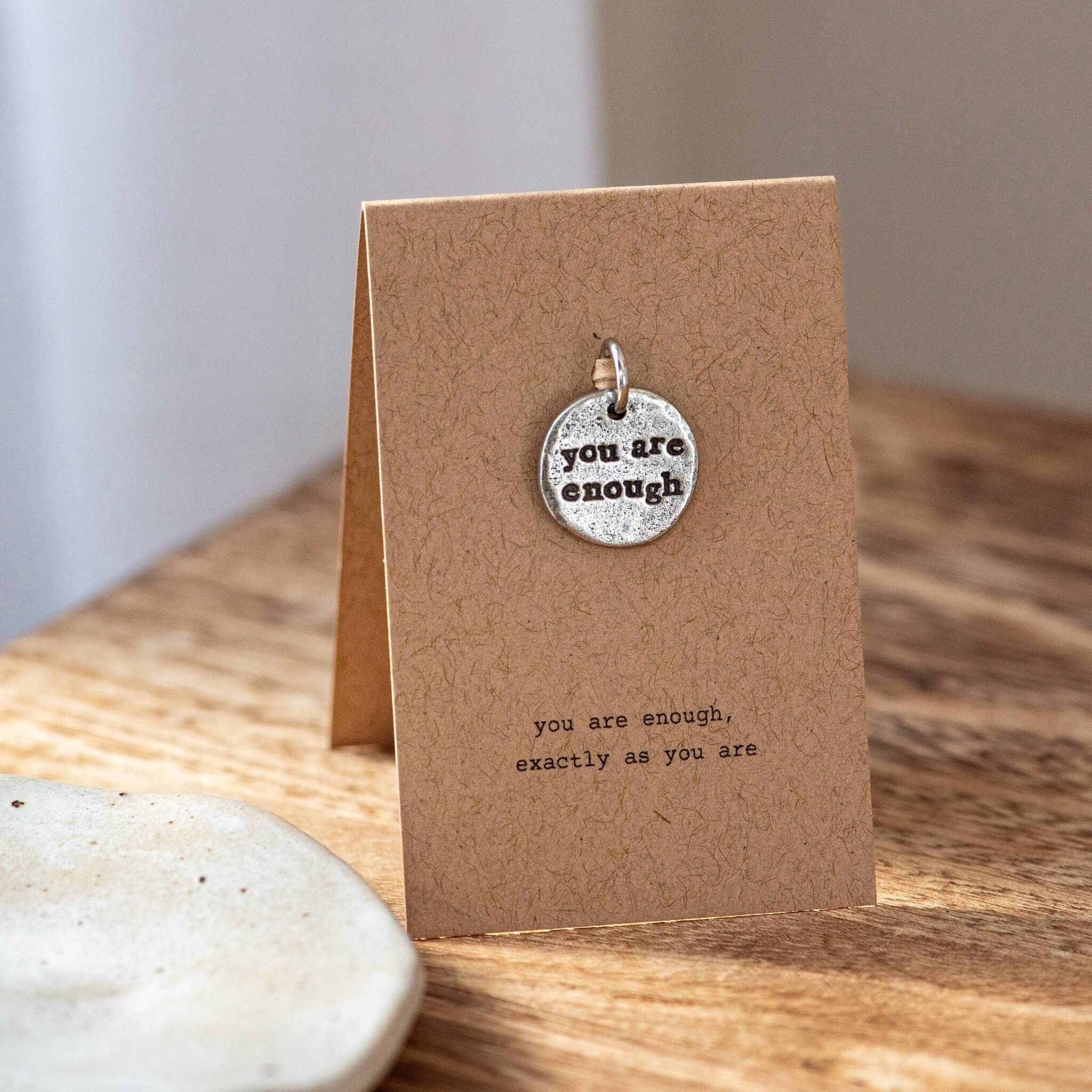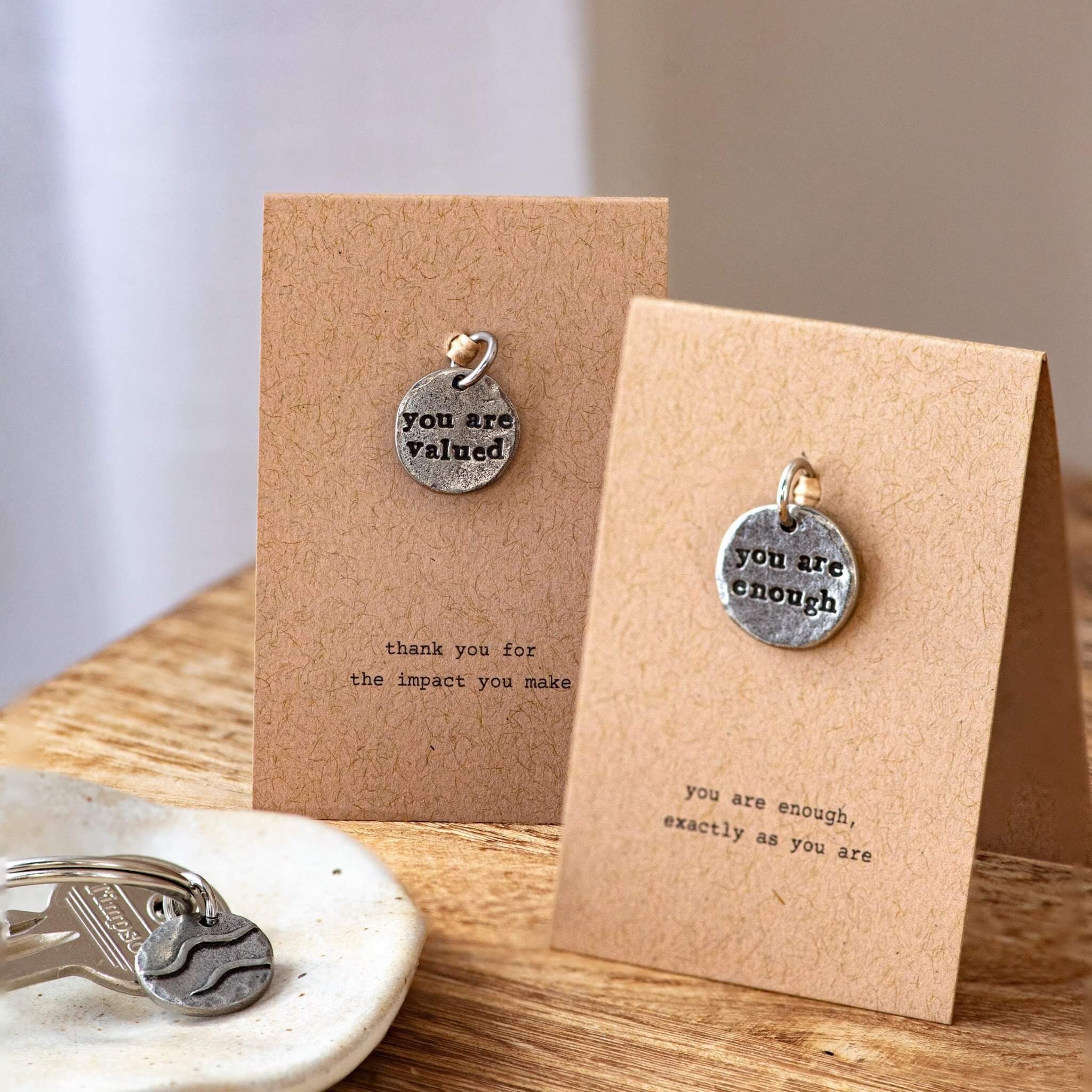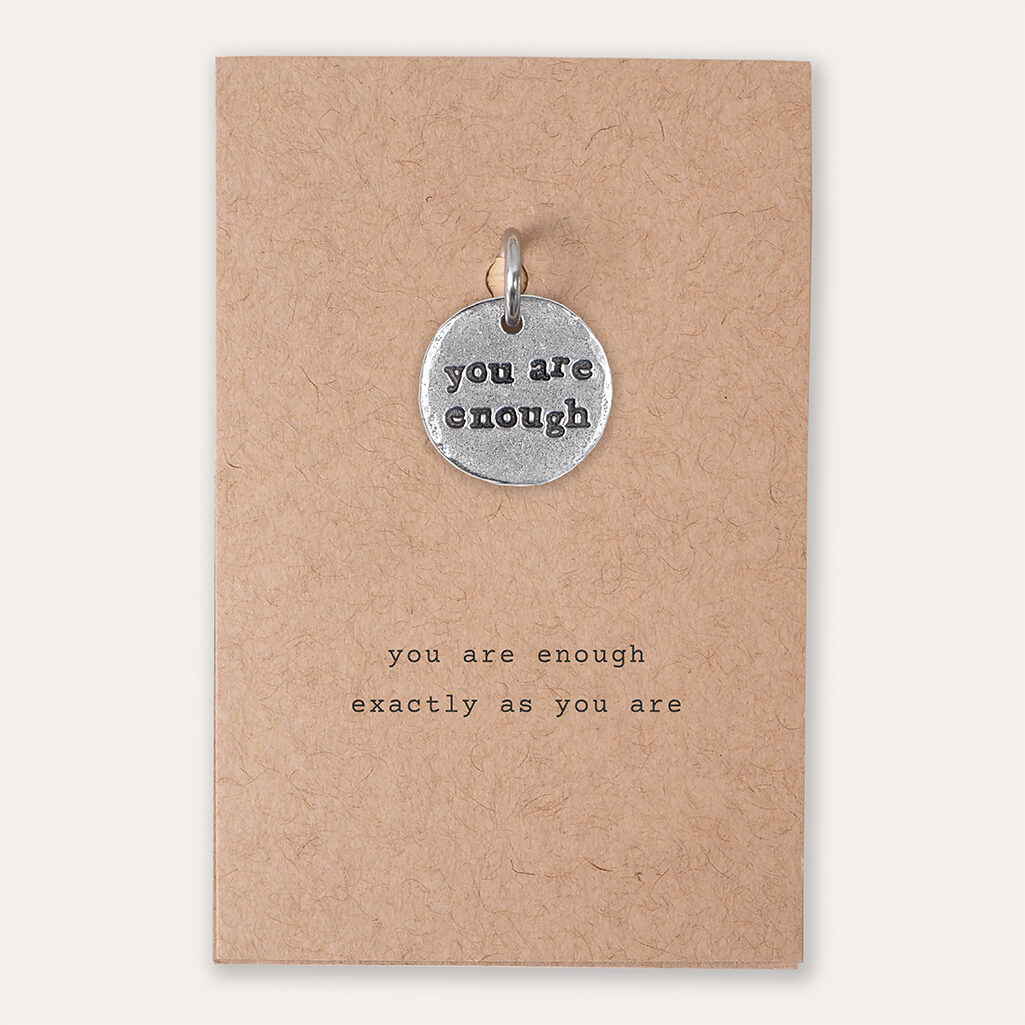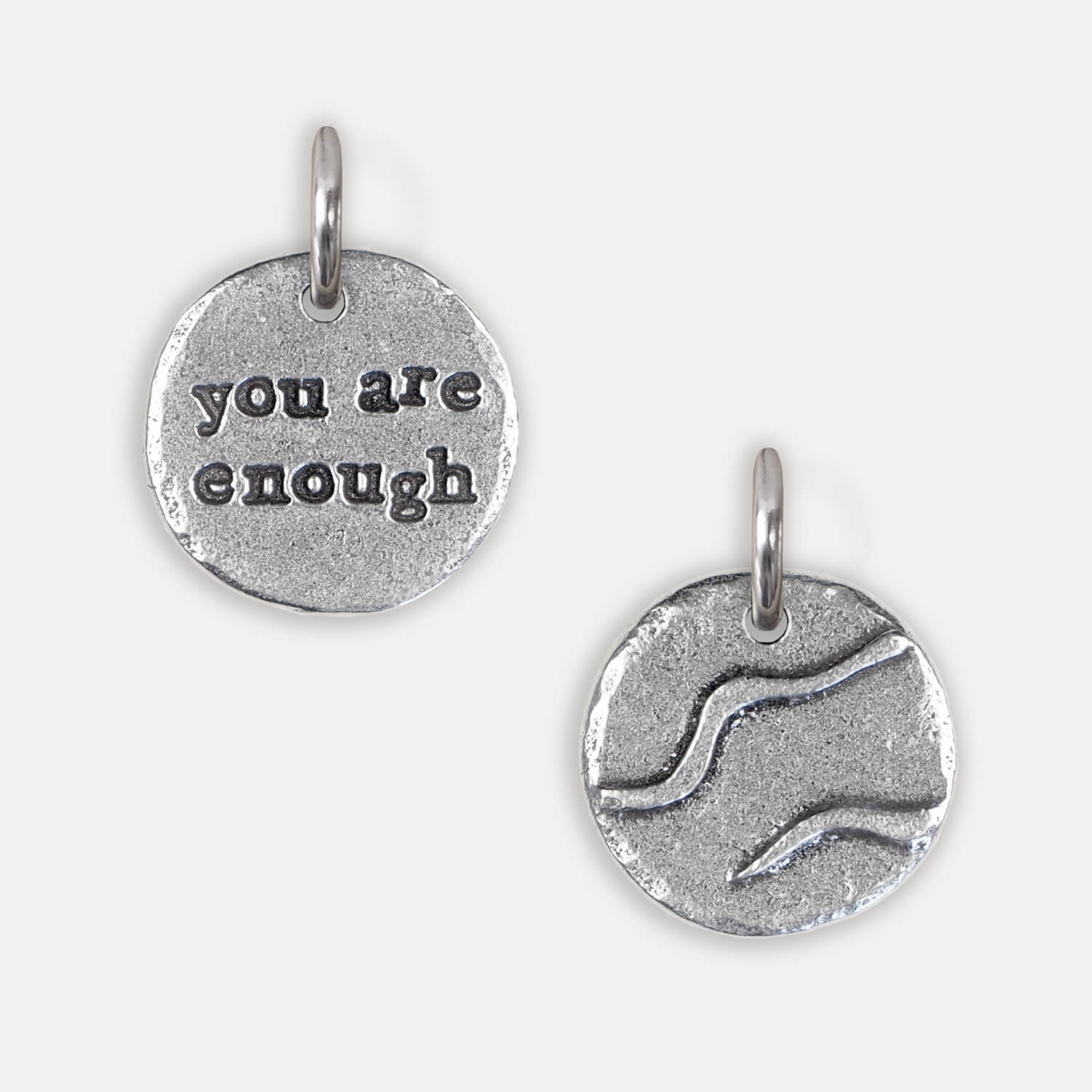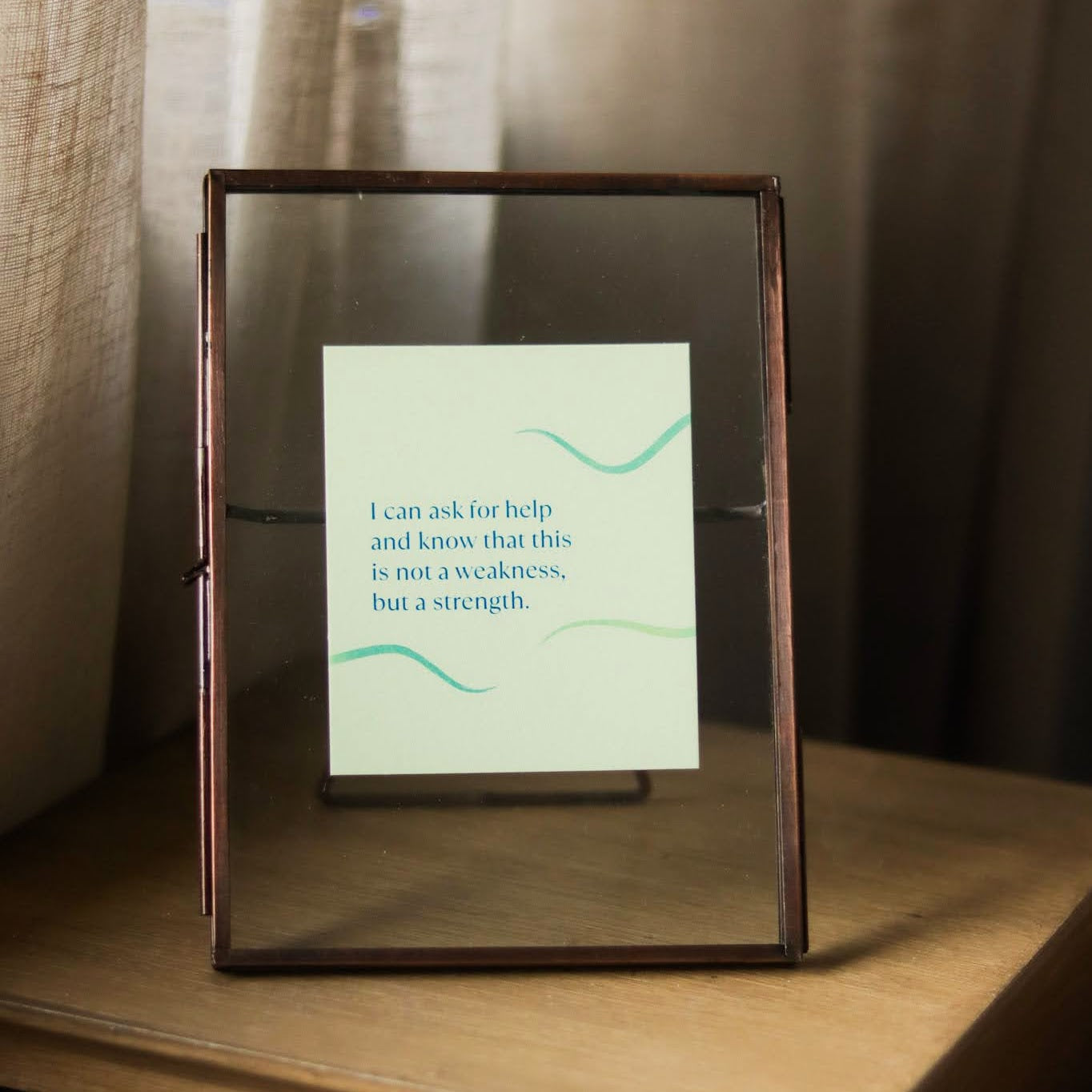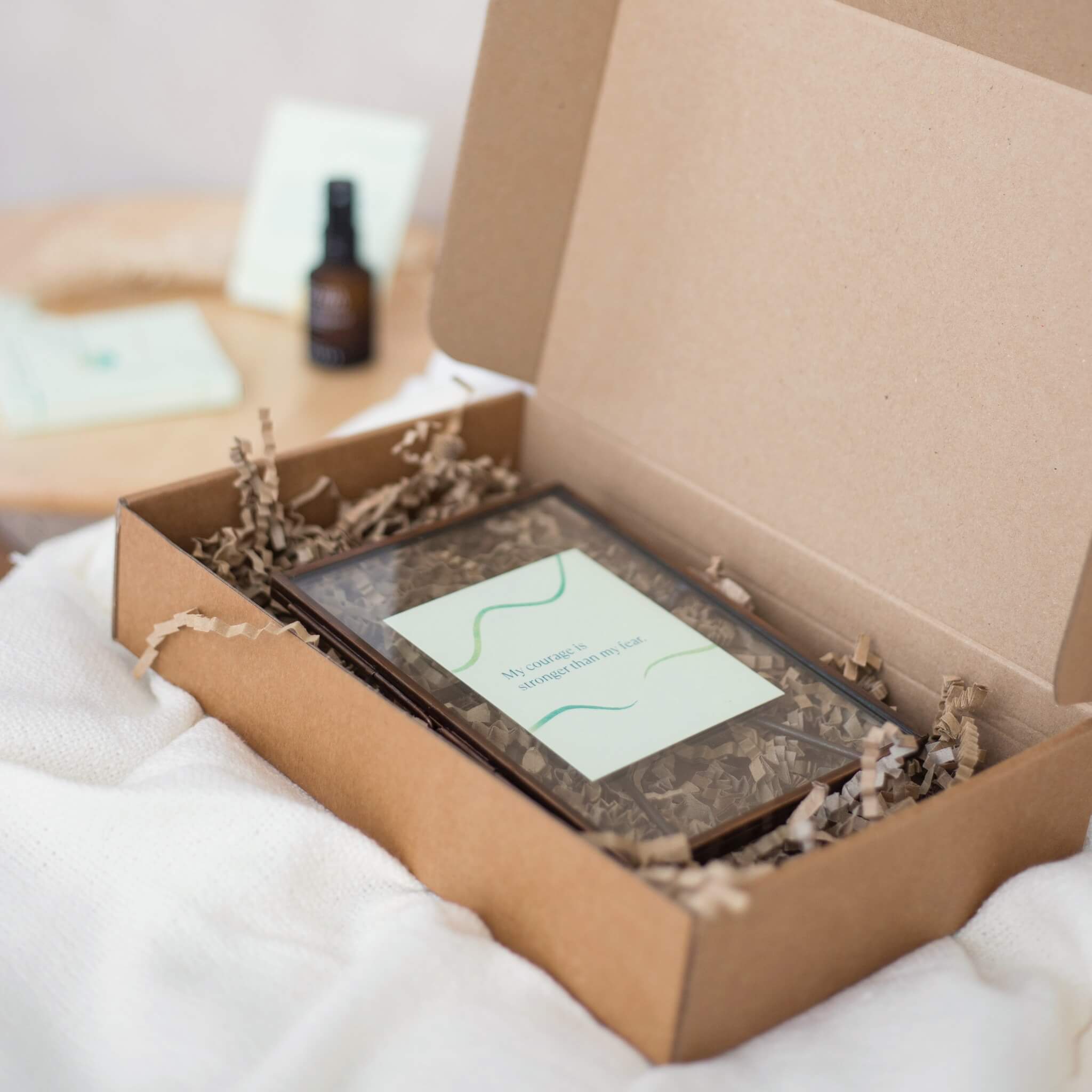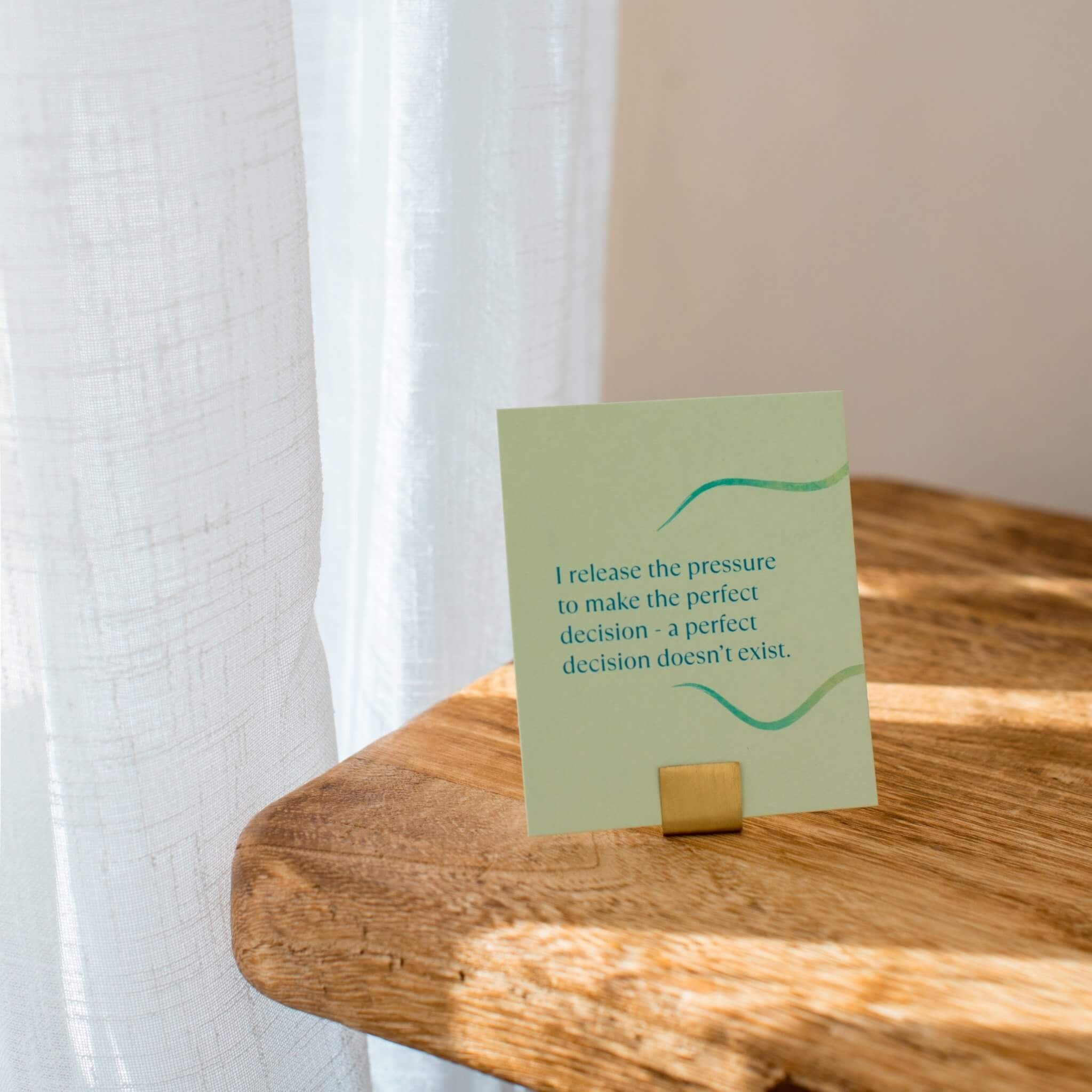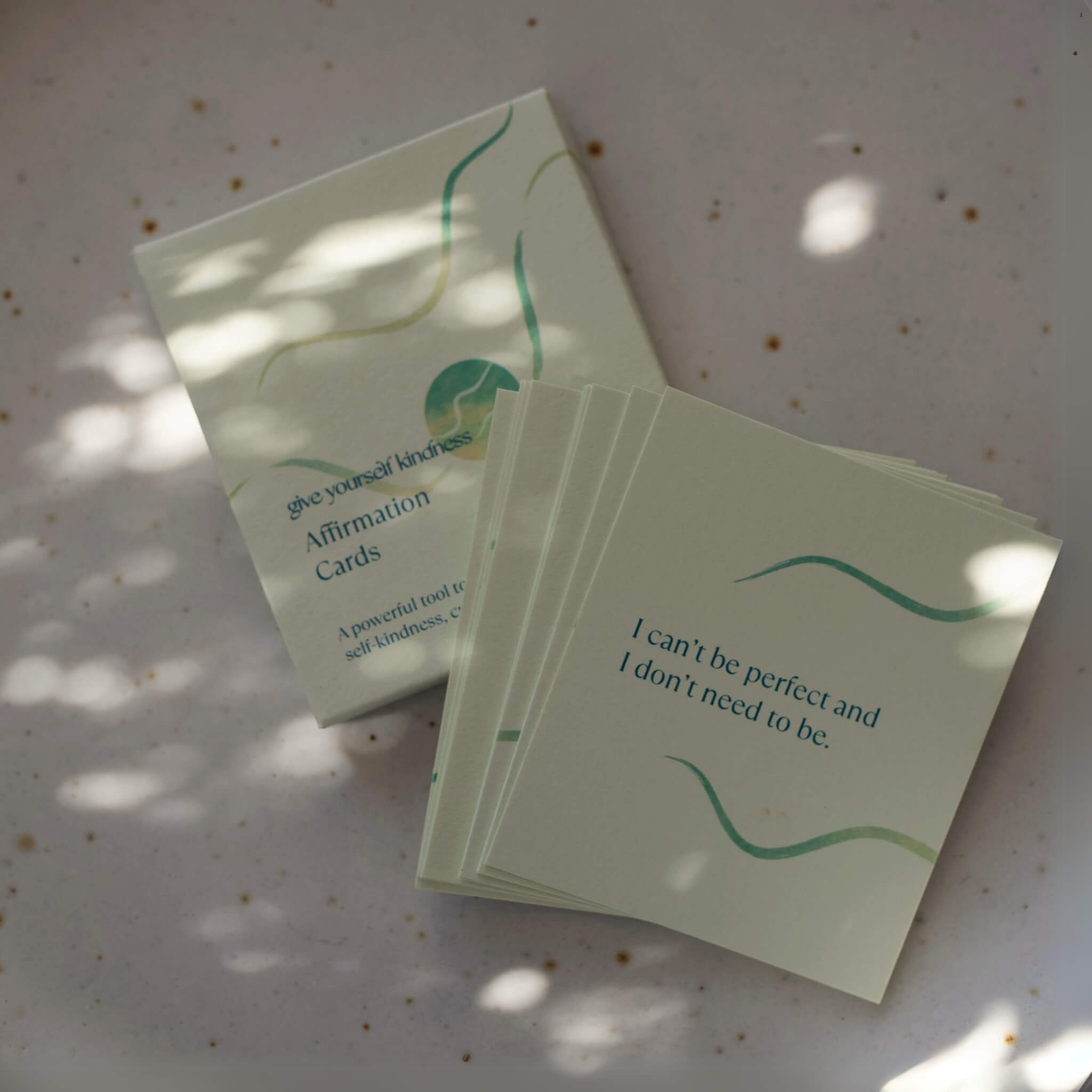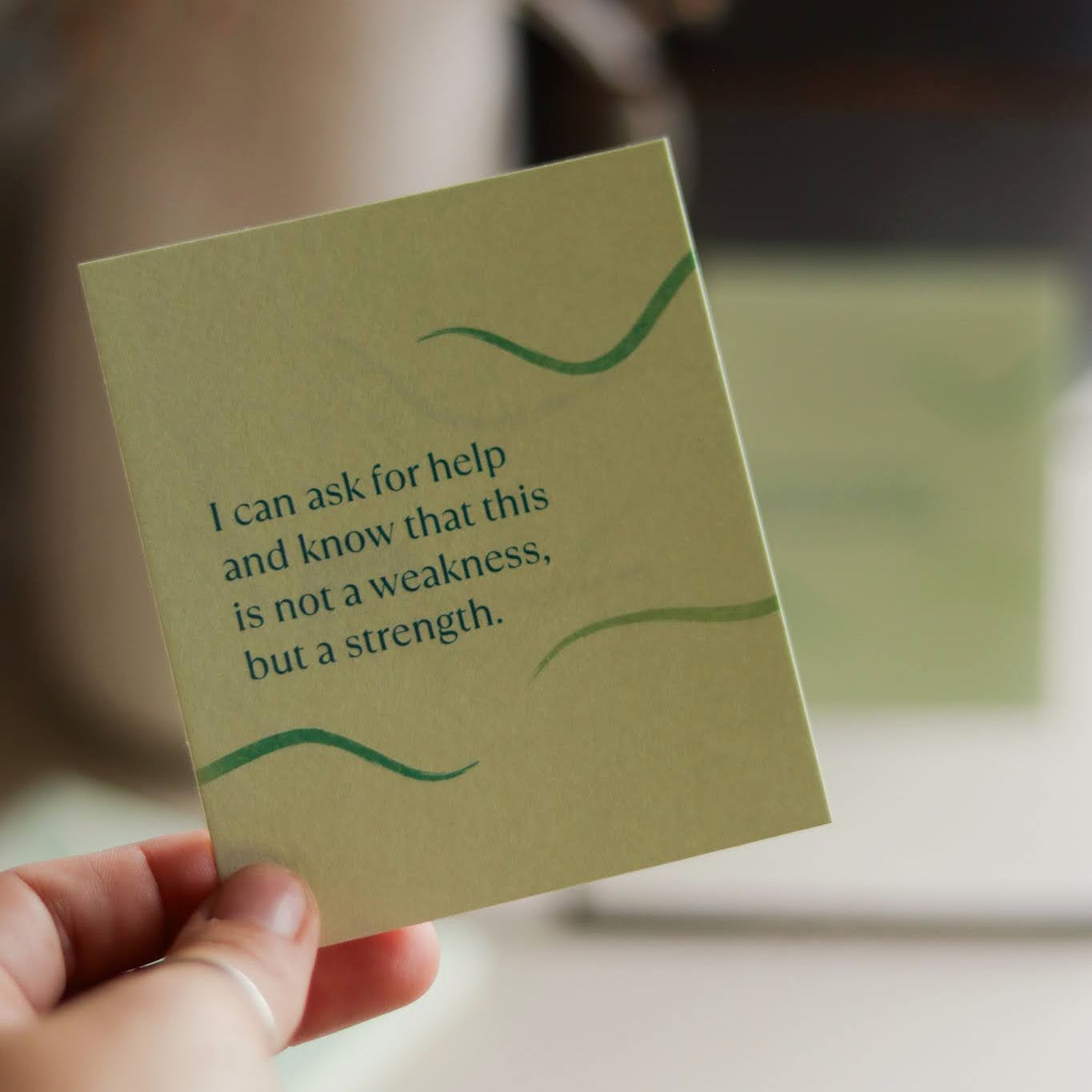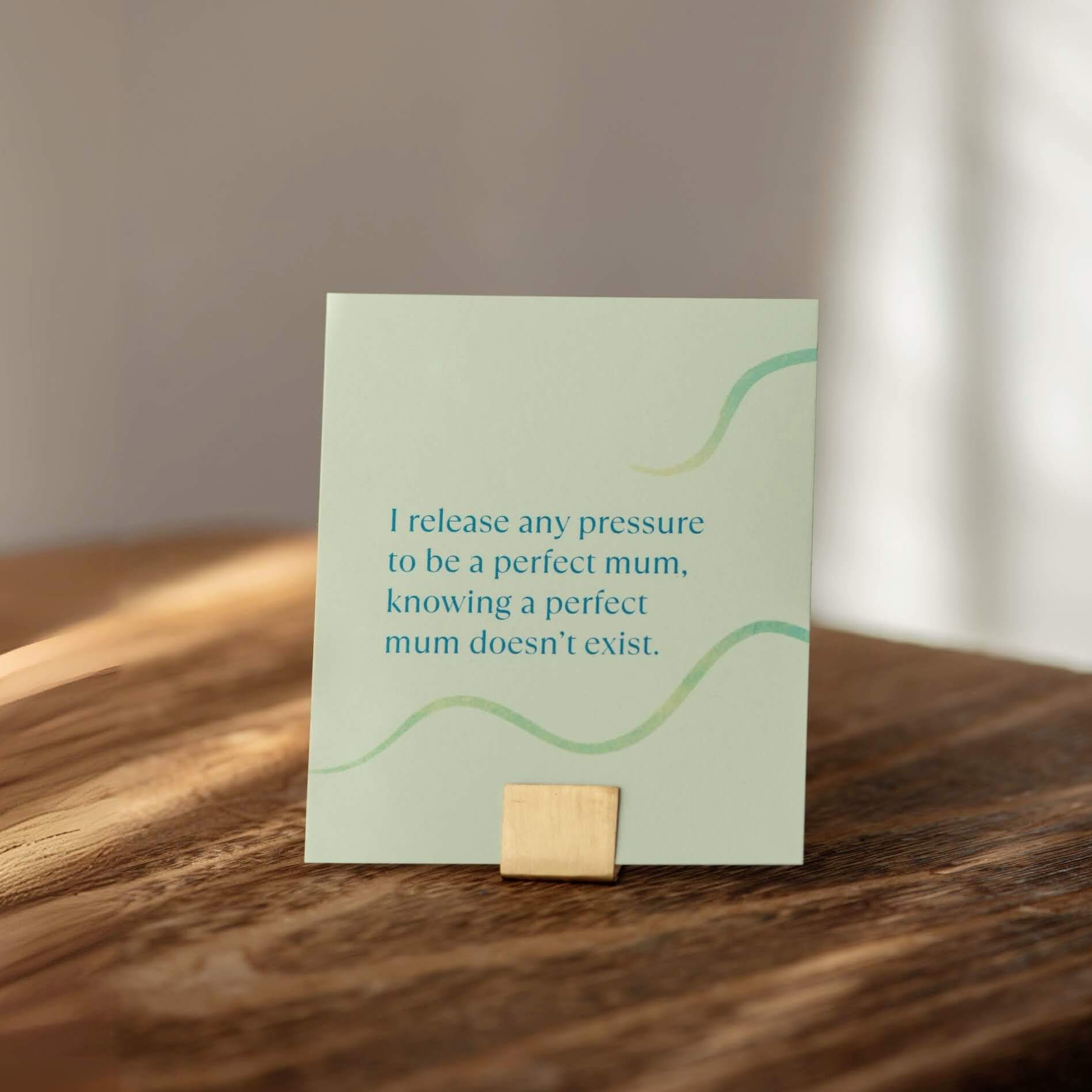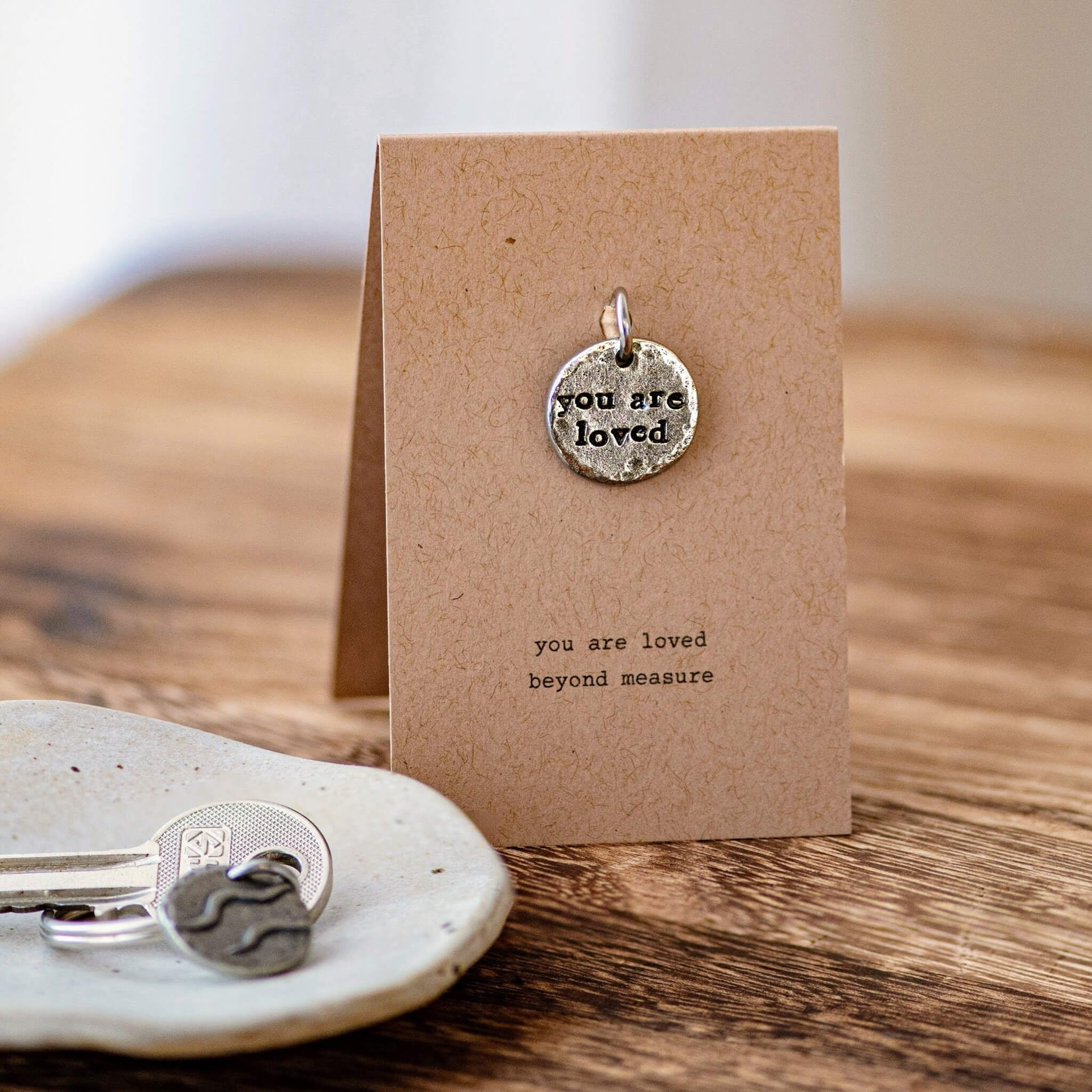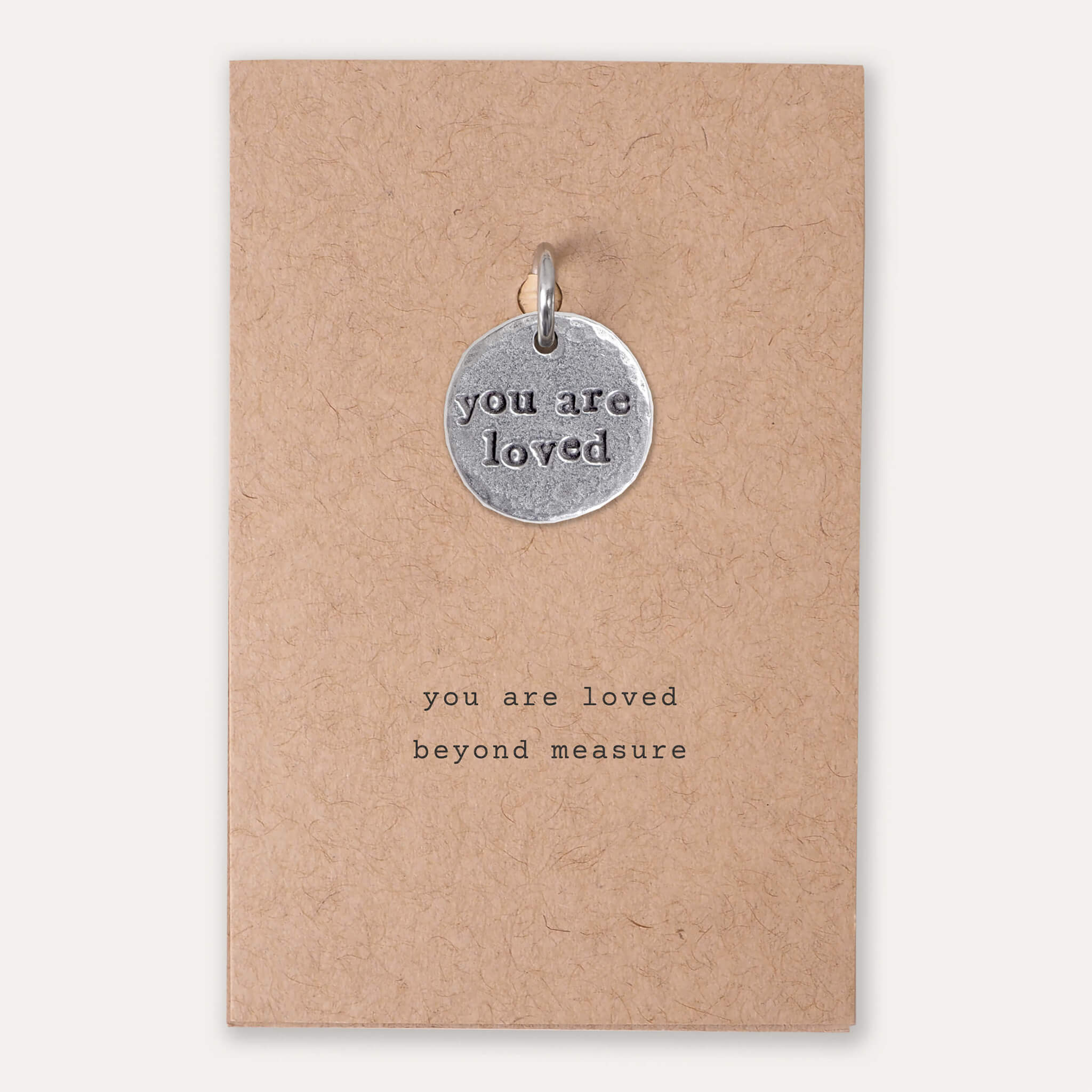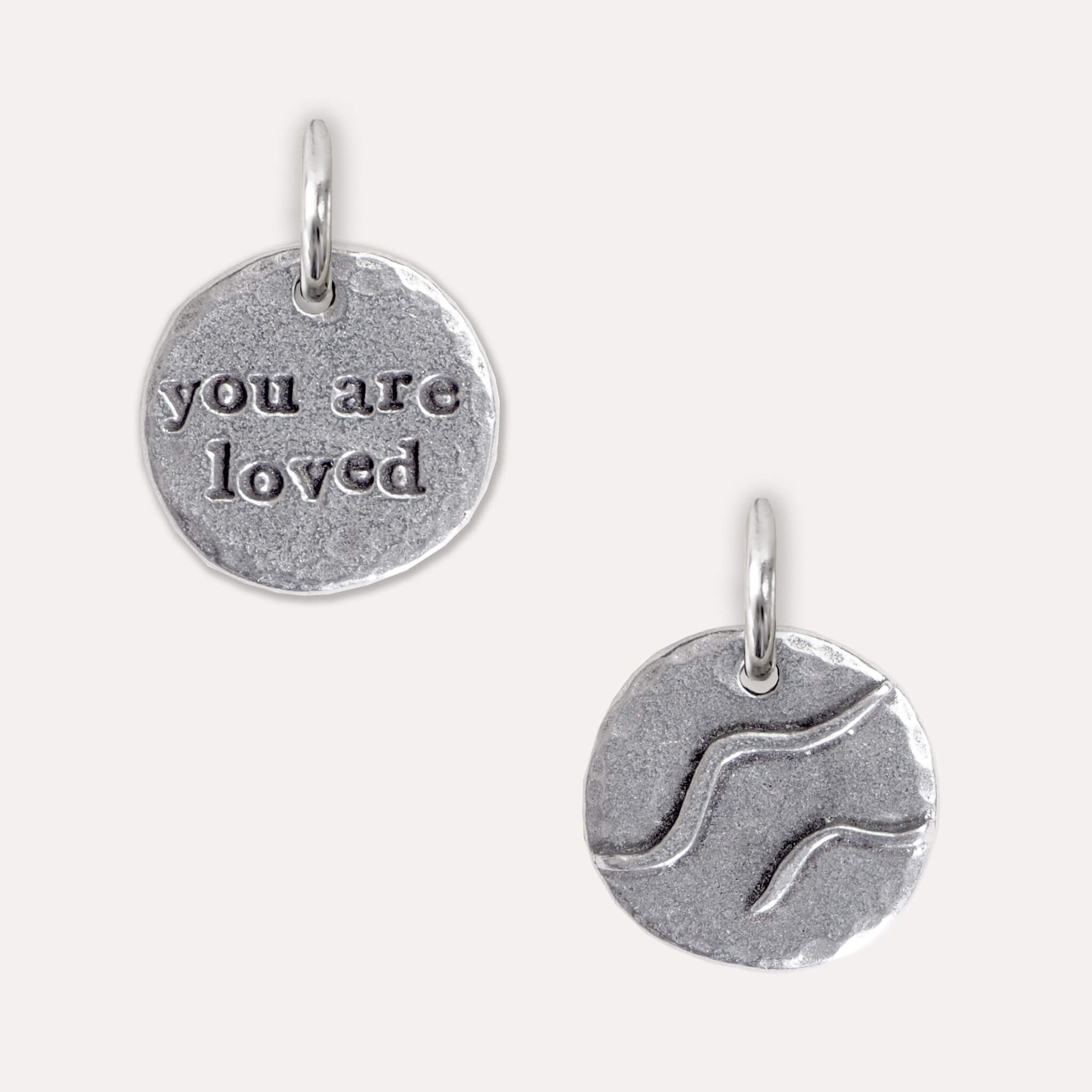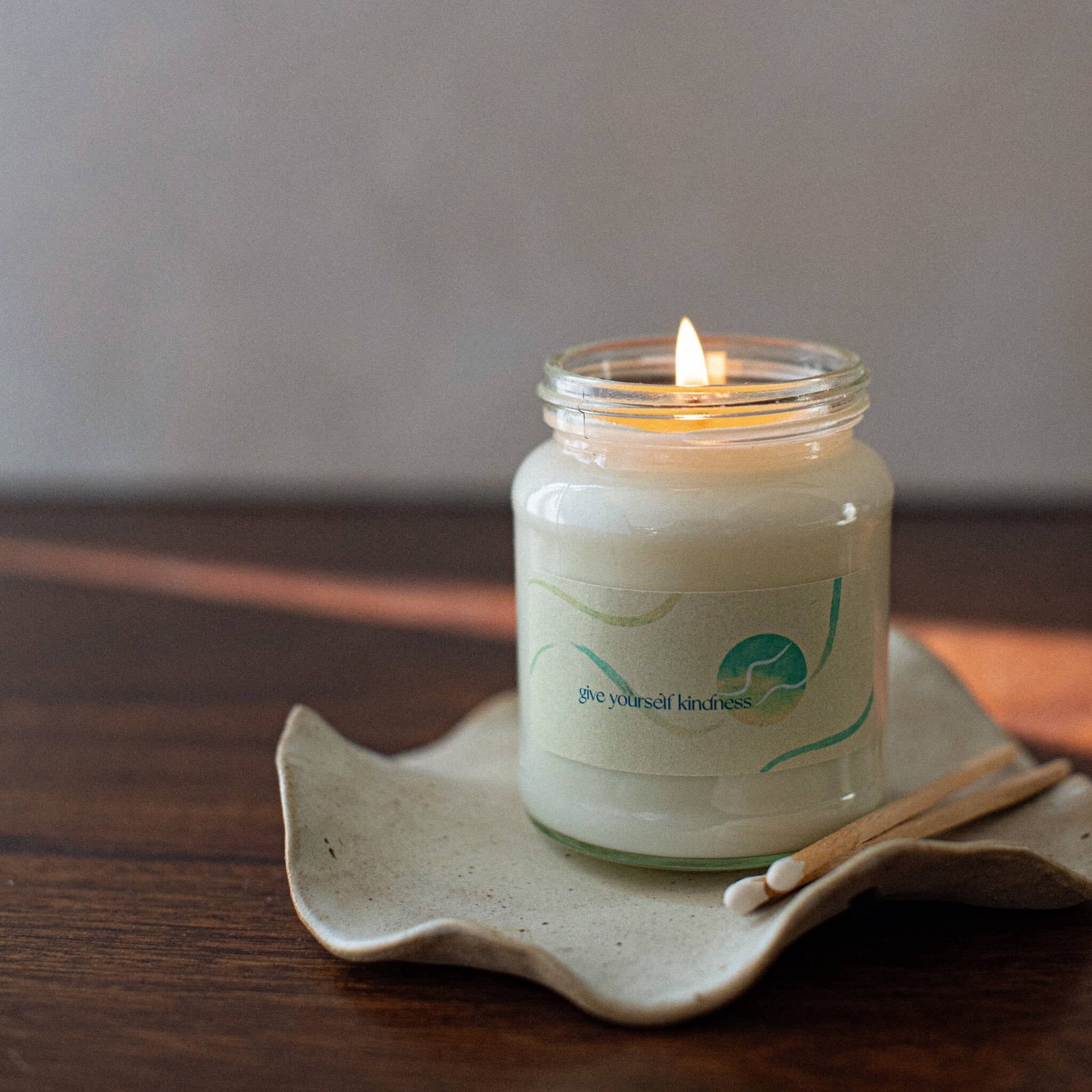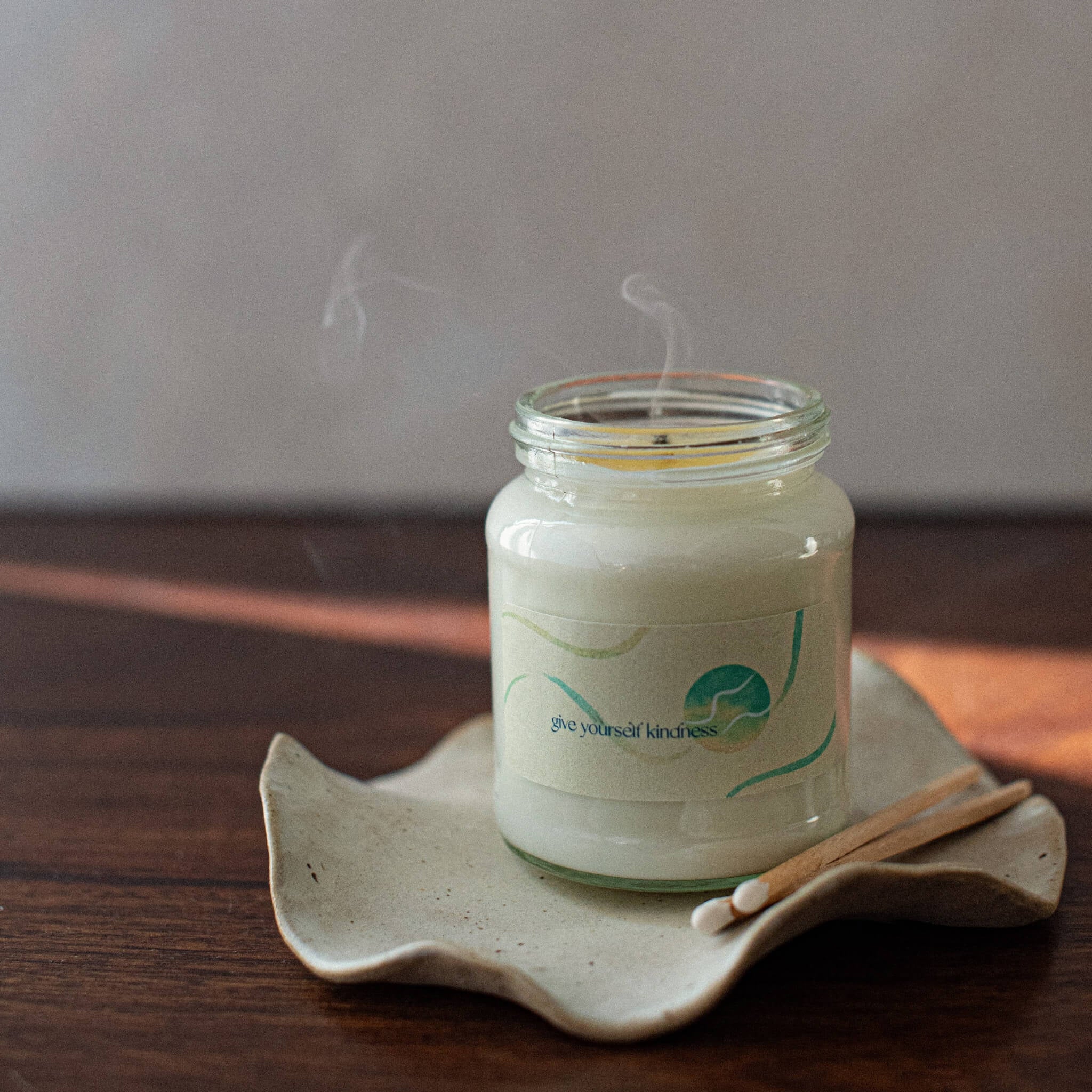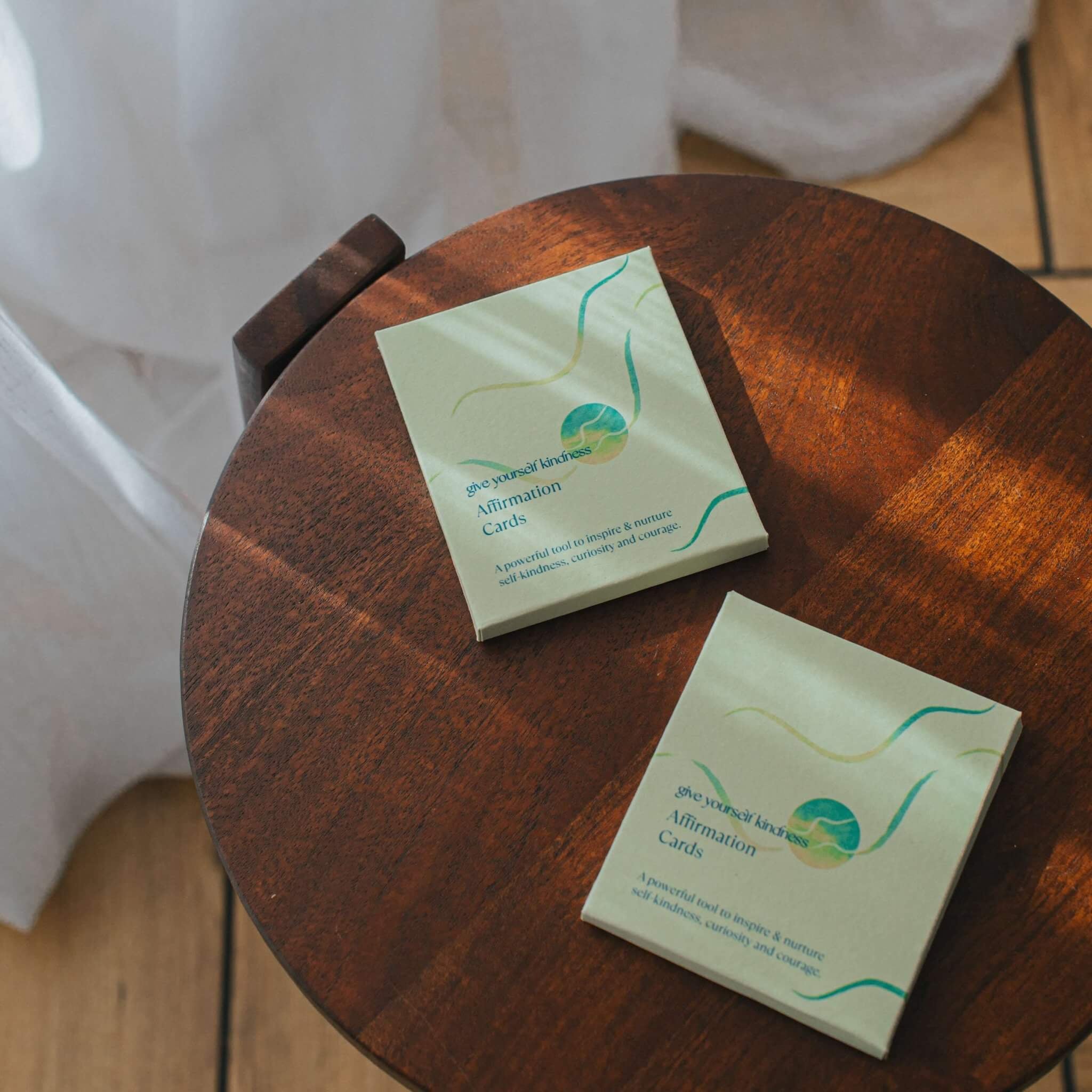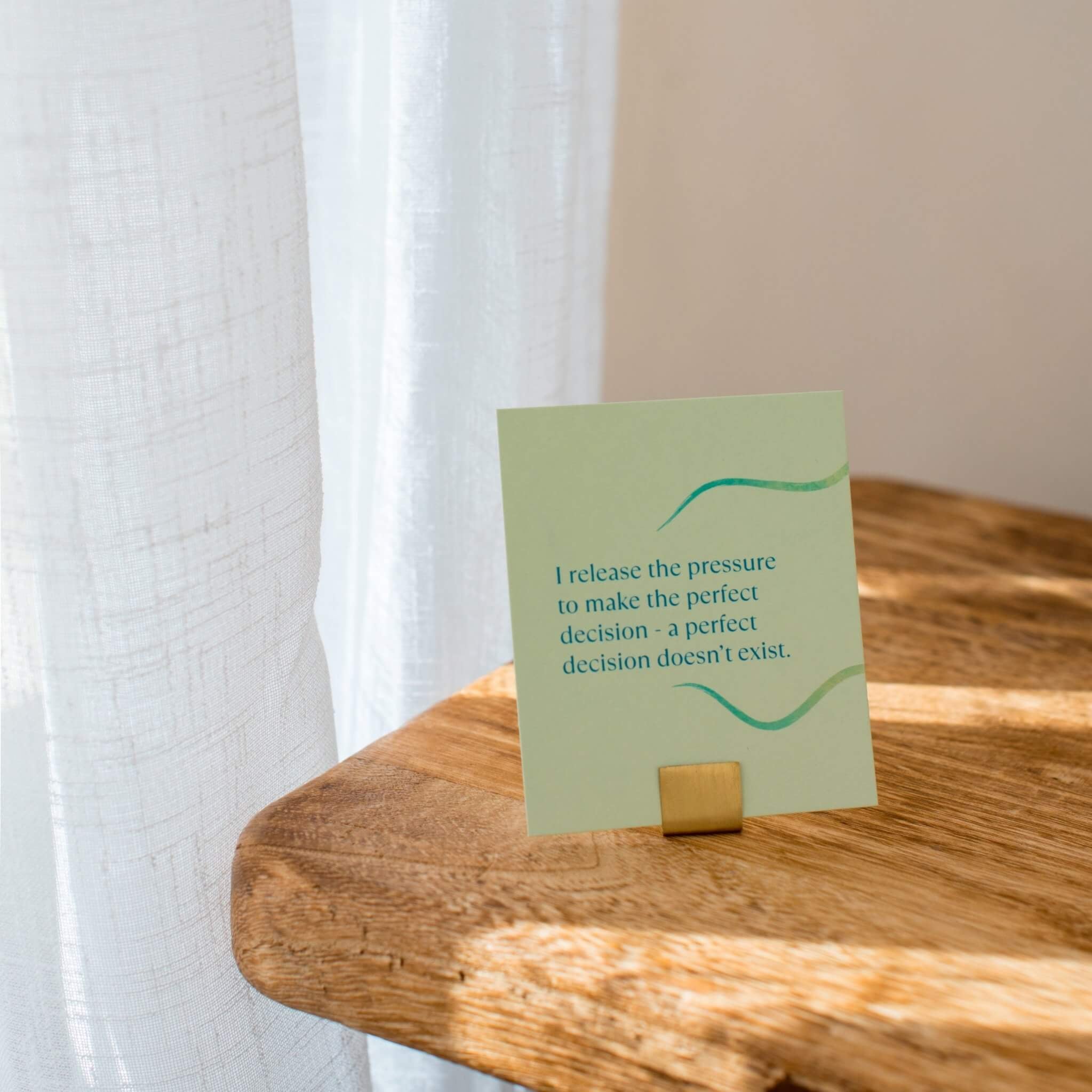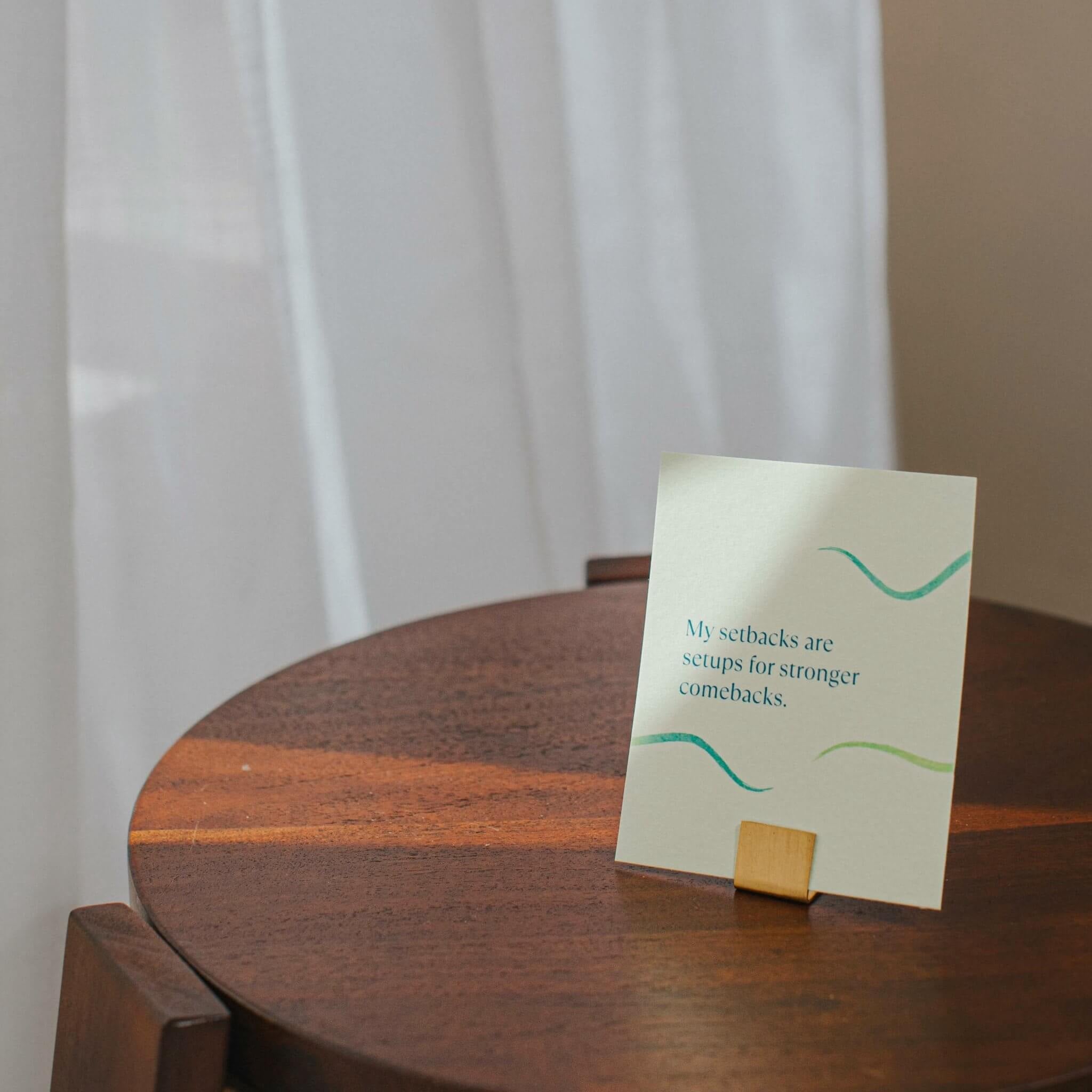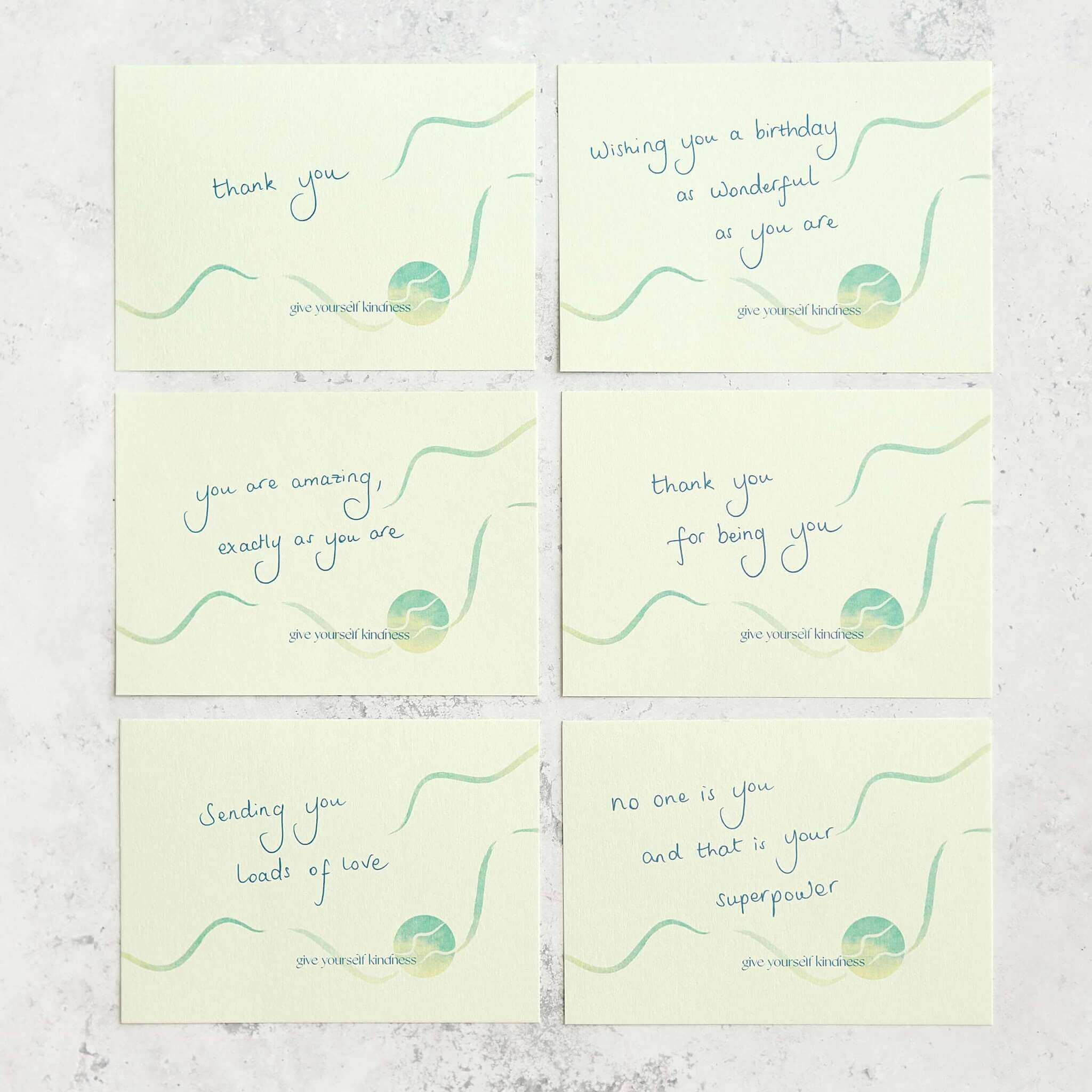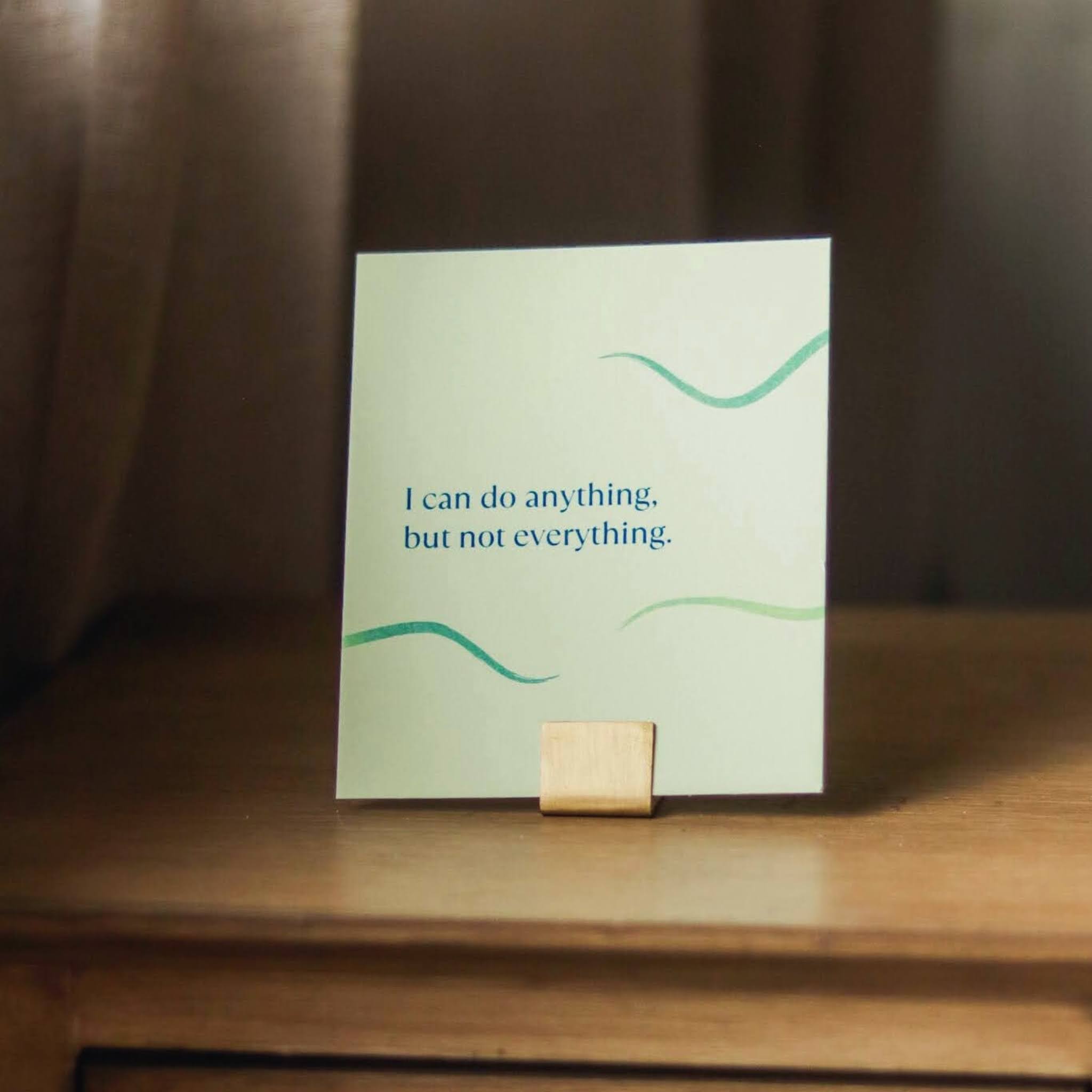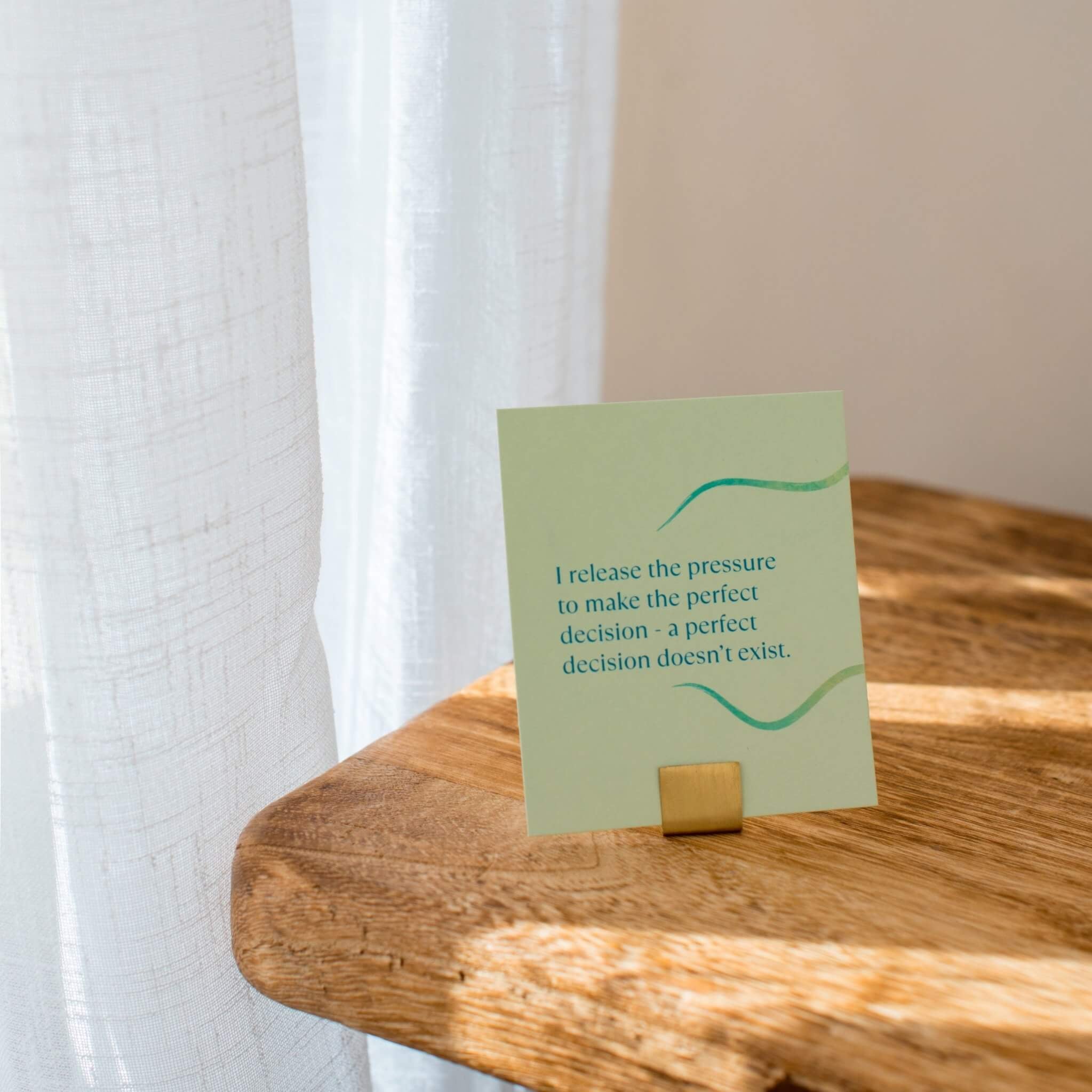written exclusively for Give Yourself Kindness by Libby Mitchell MSc, a trainee counsellor and published academic author. She specialises in grief and loss and is passionate about helping people feel heard and less alone, within their grief experience.
Grief: a deeply human experience
Let's talk about grief. A deeply human experience that is frequently misunderstood due to societal perceptions that can often do more harm than good.
Whether you're grappling with grief for the first time or finding yourself in the midst of challenge and isolation, it’s essential to address some of the common myths within the grief space.
Myth: you can fix, cure, or heal grief
Grief isn't something you fix like a broken toy or cure like an illness. It's an ongoing journey that evolves over time.
It's like the tide, ebbing and flowing throughout life. There are moments when the pain feels unbearable, and others when hope feels achievable. But it's always there, a constant companion in the background, shaping who we are and how we navigate and perceive the world.
"it doesn’t follow a predictable or linear path"
Grief is a nonlinear journey, it doesn’t follow a predictable or linear path from start to finish, so be kind to yourself, your journey will be different to others.
Myth: grief is exclusive to death
While grief is commonly associated with the loss of a loved one through death, grief can be triggered by a wide range of experiences and events. It can manifest in response to any significant loss or change in one’s life.
Grief is a universal experience and we can grieve for anything.
As human beings, things that we might grieve for include, the loss of our: relationships, identity, security, safety, health, and personal dreams/expectations.
Myth: grievers don't want to talk about their loss
Contrary to popular belief, most grievers actually appreciate the opportunity to talk about their loss. It's not a taboo subject unless they specifically ask you not to bring it up.
Talking about their loved one keeps their memory alive and allows them to feel connected to the person they've lost. It's a way of honouring their memory and acknowledging the impact they had on their life.
Myth: the pain associated with grief can be diminished
While it's true that the intensity of grief may lessen over time, the pain of losing a loved one never truly goes away.
It's a wound that may scab over, but the scar remains, a constant reminder of the loss. No amount of ‘processing’ or ‘self-regulating’ can erase the reality that someone we loved deeply is no longer with us.
We learn to live with the pain, finding moments of joy amidst the sorrow, but the ache of their absence lingers on.
"grief and joy can be experienced alongside one another"
It’s also important to note here that grief and joy can be experienced alongside one another. Moments of joy amidst grief is normal and healthy and it's possible to feel sad and angry, whilst also experiencing joy, gratitude, or happiness in other aspects of life.
These emotions don’t cancel each other out; rather, they co-exist as part of the human experience.
Myth: ignoring the pain helps you move on
Suppressing grief only prolongs its intensity and inevitability. When we avoid feeling the pain, it tends to fester within the body, growing more potent over time.
"the currents beneath are powerful and tumultuous"
It's like trying to contain a raging river—it may seem calm on the surface, but the currents beneath are powerful and tumultuous
It's okay/healthy to lean into the discomfort (if it feels safe to do so), to allow yourself to feel the depth of your emotions without self-judgment or criticism.
This does not have to be an isolating process. Seeking support from safe, attuned loved ones, or mental health professionals, can provide a space to express your feelings, feel your emotions, and gain valuable insights into your grief journey.
Myth: it’s unhealthy to continue bonds with someone who has died
Research suggests that maintaining bonds with the deceased can actually be a healthy part of the grieving process.(i)
Rituals, daily habits, and acts of self-care in relation to the deceased can provide comfort and solace. They help keep their memory alive and allow grievers to feel connected to their loved one, even in death.
It's not about dwelling on the past but finding ways to integrate the loss into our lives in a healthy way.
Myth: a griever will return 'back to normal' once they've lost their loved one
Losing a significant other is a life-altering experience that changes us in profound ways. The idea of returning to 'normal' is unrealistic and even disrespectful to the depth of the loss.
Grief reshapes our identity, our relationships, and our worldview. We find a new sense of balance or equilibrium, but it's a different kind of normal—one that acknowledges the profound impact of loss on our lives.
Myth: people need space when they're grieving
Social support is crucial during the grieving process. While it's natural to assume that someone grieving might want solitude, in reality, companionship and understanding can be invaluable sources of comfort and safety.
Discussing memories and individual emotions can offer profound relief and connection. Sharing stories about the person who has died can keep their memory alive and provide solace in the midst of sorrow.
"Social support is crucial"
However, it is important to recognise that each individual’s grieving process is unique.
While some may find comfort in sharing their feelings openly, others may prefer more solitary forms of coping. It's crucial to respect individual preferences and boundaries, offering support in ways that feel most authentic and comfortable for the grieving person.
Myth: grief is experienced only in the mind
While grief can affect the mind (e.g., disrupting cognitive processes, such as concentration, memory, and decision-making) it also manifests in the body physically.
The intense emotions associated with grief can trigger physiological responses, such as increased heart rate, muscle tension, changes in appetite, sleep disturbances, and fatigue.
Grief can also weaken the immune system.(ii) When individuals experience intense emotions in response to loss, the sympathetic nervous system can become activated, leading to the release of stress hormones, such as cortisol and adrenaline. Prolonged or excessive elevation of cortisol levels can have immunosuppressive effects on the body and inhibit the production of pro-inflammatory cytokines and reduce the activity of immune cells, which play a crucial role in defending the body against germs and other microorganisms.
Myth: if you're not crying, you're not grieving
Grief manifests uniquely in each person, depending on their individual capacity and coping mechanisms.
Crying is often associated with grief, but it's crucial to recognise that it's not the only way people express their sorrow.
"each person's grieving process is valid"
Some people may find solace in tears, while others may express their grief through silence, introspection, or anger.
To add, cultural and personal factors can influence how individuals outwardly display their grief. It's essential to understand that while crying can be a natural response to loss, it's not the sole indicator of grief, and each person's grieving process is valid regardless of how it is expressed.
Grief: it's not easy, it needs compassion
By shedding light on these grief myths, the aim is to provide clarity and support to those who find themselves on this multifaceted journey.
It's time to challenge the narratives that suggest grief should be easy or quickly overcome, and instead, embrace the truth of its complexity and the differences between individual experiences.
Let’s attempt to debunk these myths and offer empathy, compassion, and care to those who are navigating the emotional terrain of grief and loss.

Libby Mitchell, MSc is a trainee counsellor and published academic author, with research experience in the field of psychology and health. She is located in Liverpool, United Kingdom. She specialises in grief and loss and is passionate about helping people feel heard and less alone, within their grief experience. She is also interested in psychoneuroimmunology literature and somatic therapy. When she’s not working with clients, you can find her spending time in nature, baking, and enjoying the simple things in life with her loved ones and two cats- Mika and Moki.
https://msha.ke/libbymitchelltherapy
(i) https://www.tandfonline.com/doi/full/10.1080/07481187.2023.2223593
(ii) https://onlinelibrary.wiley.com/doi/pdf/10.1111/jne.12887














